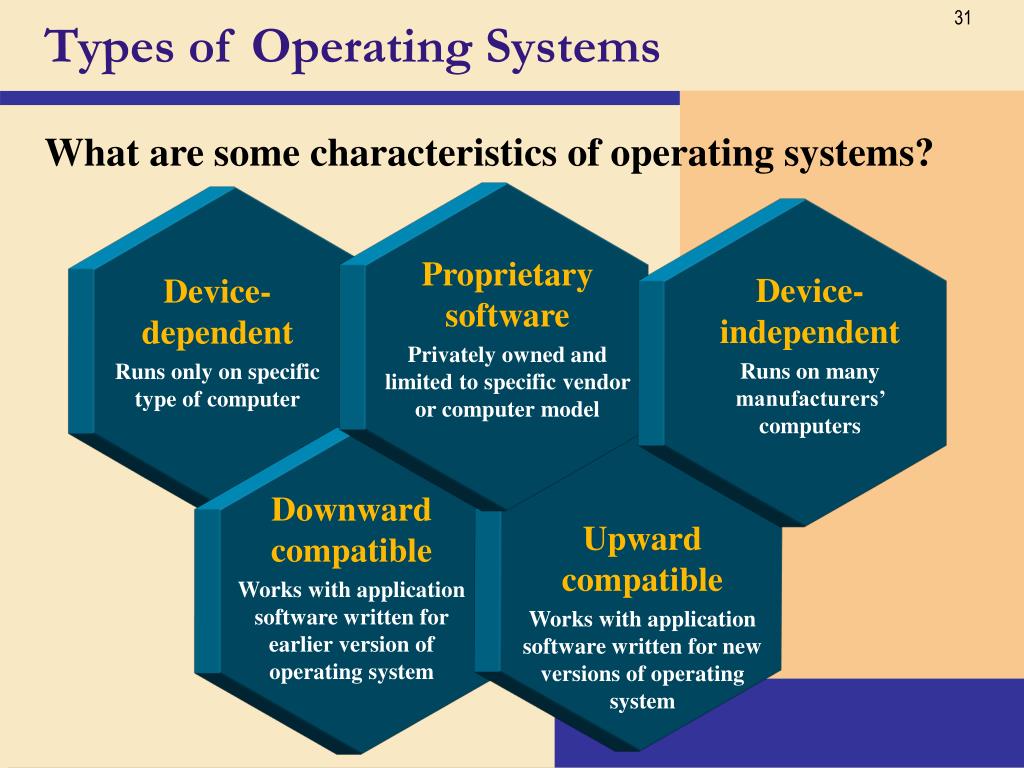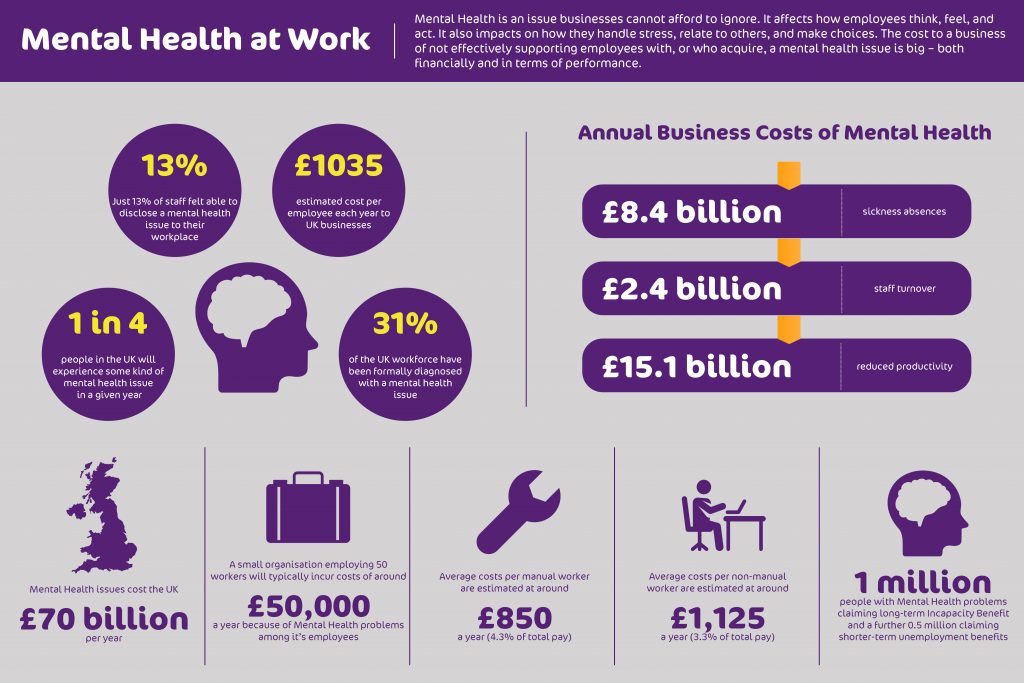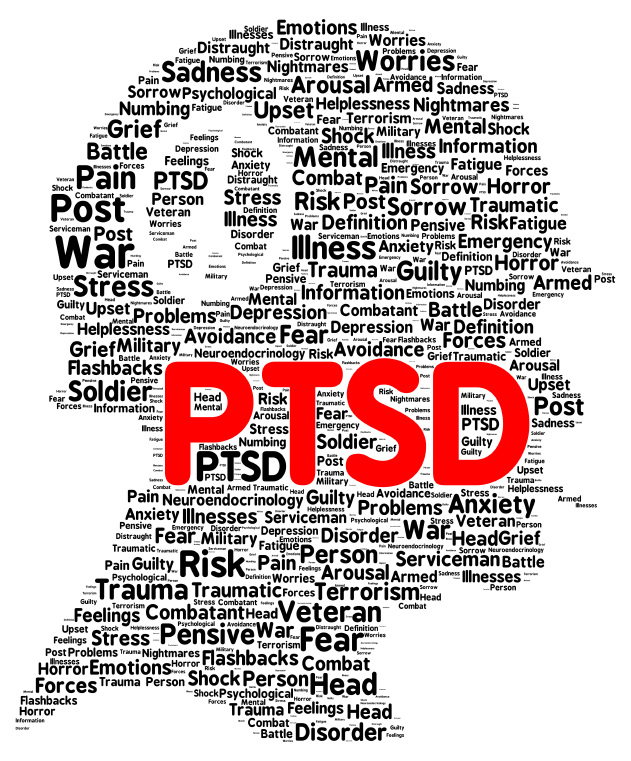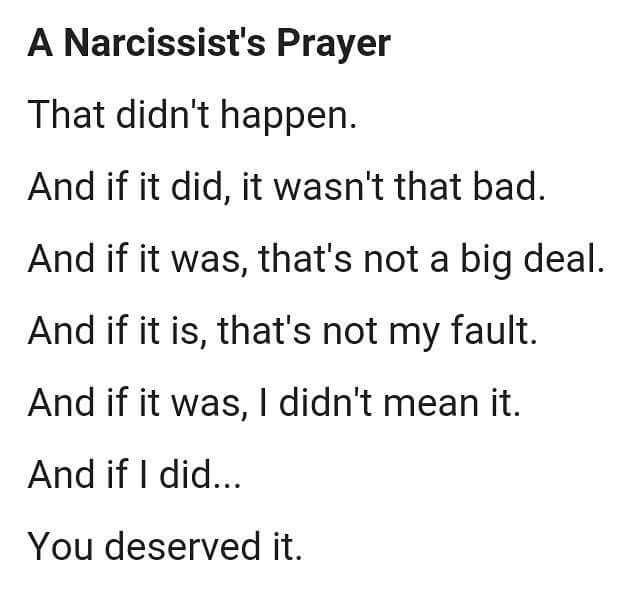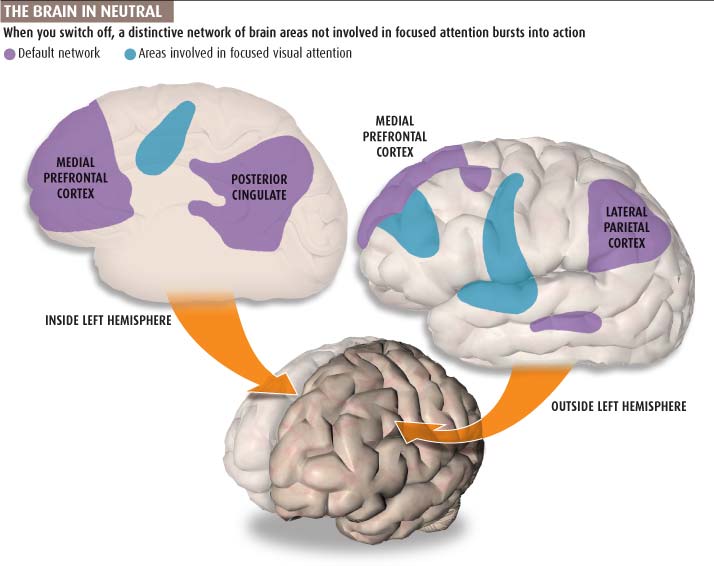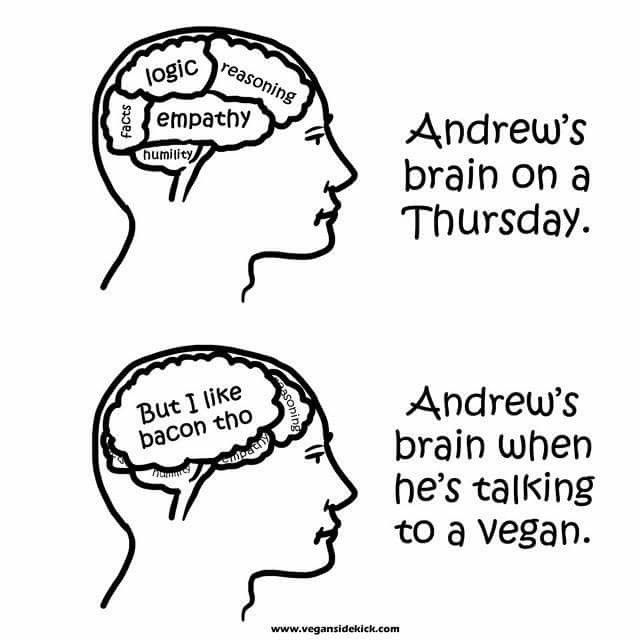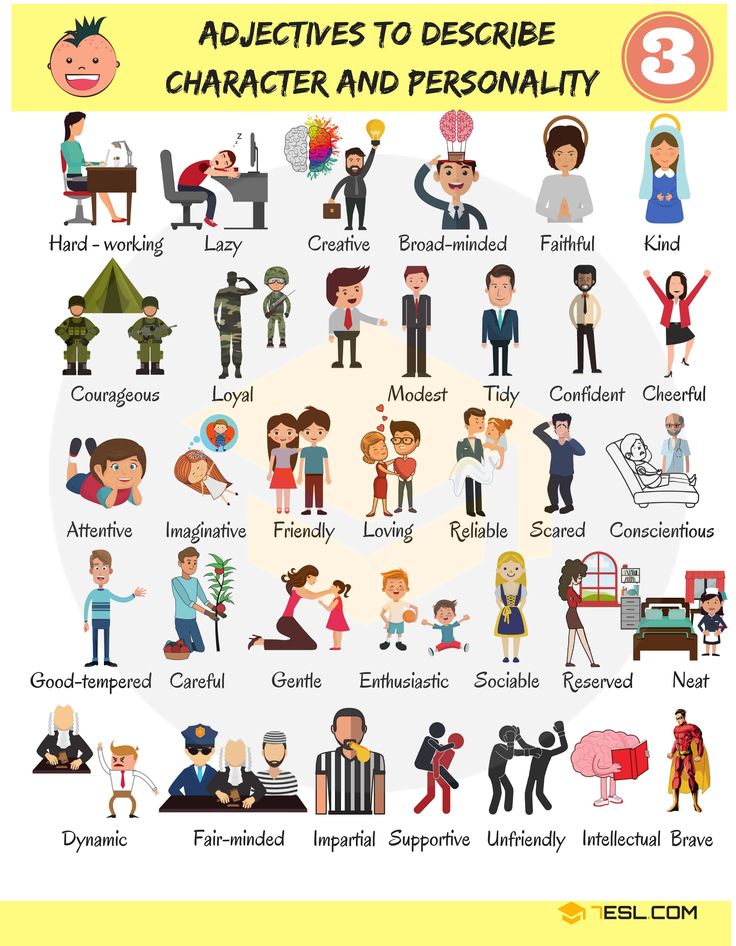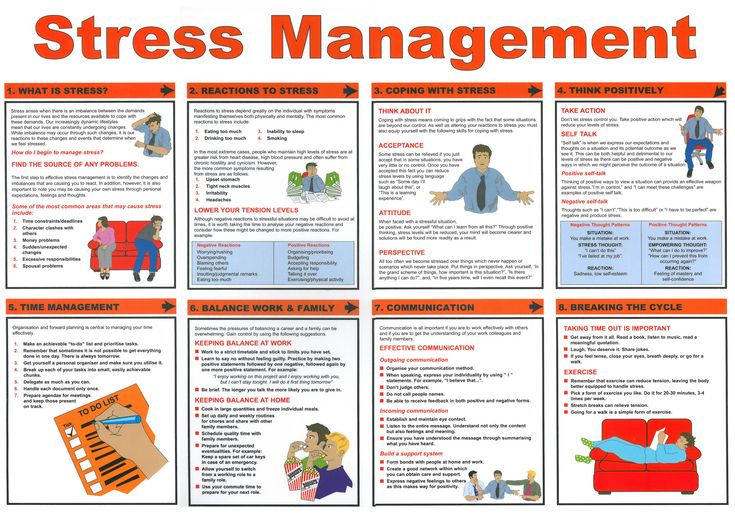Characteristics of a controlling person
12 Signs to Watch For
Many of us picture the typical schoolyard bully when we think of a controlling person. We might imagine someone who aggressively commands others to do what they want.
But there are many more subtle signs you may not be aware of, and this kind of behavior isn’t only limited to romantic relationships. Controlling people show up in all areas of life — co-workers, bosses, friends, family, and even strangers.
If you end up feeling small, embarrassed, or humiliated whenever you come in contact with them, it may be time to step back and re-evaluate who you’re spending time with.
Here’s a look at 12 signs that might suggest someone has a controlling personality.
You’re blamed for minor things you have nothing to do with. If something goes wrong, they take on the role of victim and make you believe you’re responsible for things beyond your control.
You might hear “it’s all your fault” or “you shouldn’t have done this” come up in conversation.
A controlling person will attempt to undermine your confidence by making jabs at you in private or public.
Here are a few examples of these methods:
- exaggerating your flaws at work (always pointing out typos in an email, for example)
- never acknowledging when you do something right
- becoming irrationally angry if you don’t answer your phone right away
- making mean jokes about you in front of others
- criticizing the way you dress or speak
Demanding your attention constantly and gradually isolating you from friends and family is a method of control. They’ll try to keep you all to themselves by complaining about how often you hang out with certain friends or family members.
But it’s not always this obvious. They may just glare at you when you’re on the phone with loved ones or groan when you go to spend time with family.
They always expect something in return and make you feel guilty if you don’t do what they want.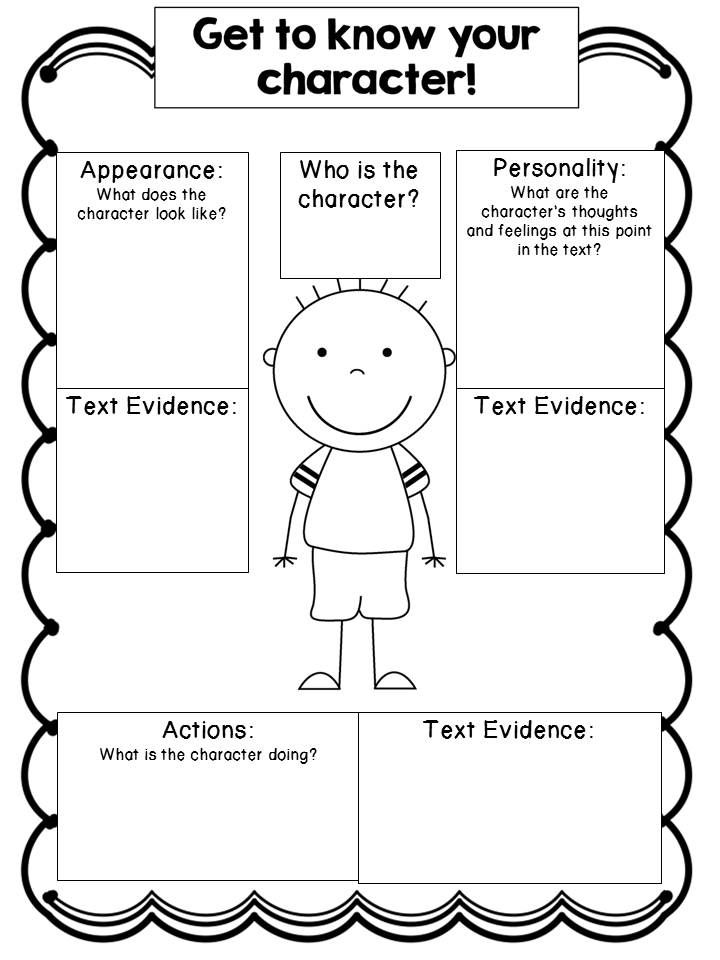 They keep tabs on every little favor.
They keep tabs on every little favor.
If they paid for your dinner one night or let you crash at their place, for example, they’ll bring it up repeatedly. They might also go out of their way to appear overly generous as a way to keep you indebted to them.
They underplay your experience by lying or accusing you of being overly sensitive. If you’re upset about something they told you last week, they’ll deny ever having said it and that it’s all in your mind. You start second-guessing yourself all the time.
Say you suspect a close friend of spreading false rumors about you. In response, they’ll say you’re imagining things or blame someone else, despite any evidence you might have.
Read more about gaslighting.
If you had a big win at work, a controlling person might immediately change the subject and sulk about something that upset them that day to regain your attention.
They may also sabotage your relationships with others as a way to have a leg up on you.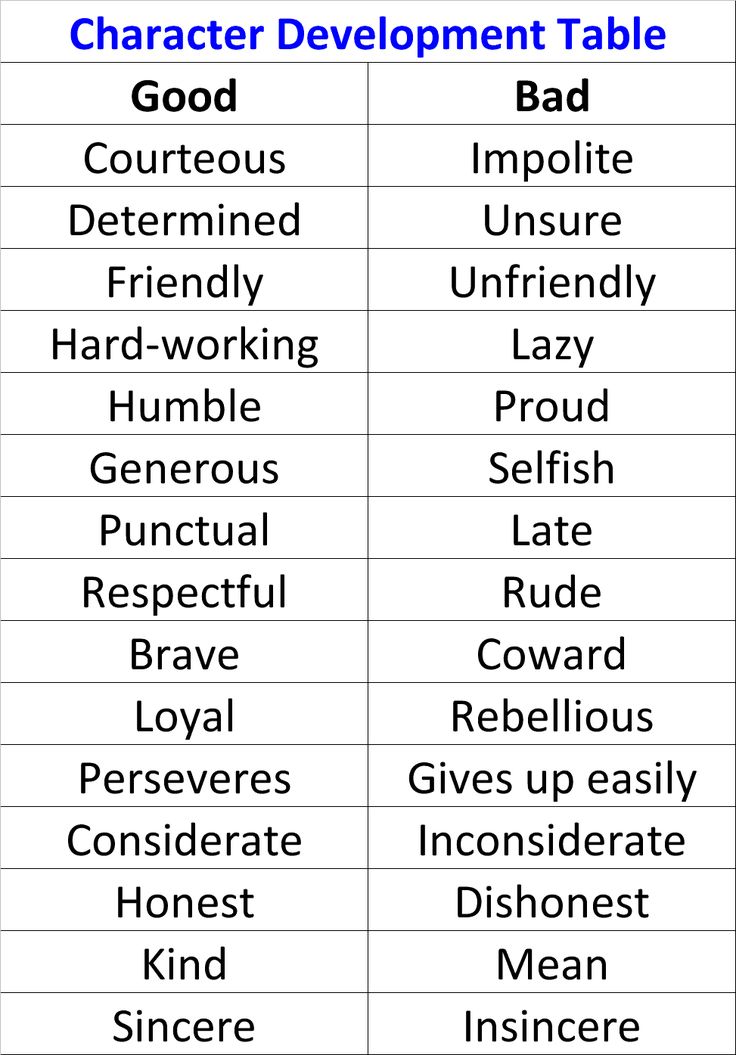 For example, they might take screen shots of your private texts without permission and send them to others.
For example, they might take screen shots of your private texts without permission and send them to others.
Someone exerting excessive control may constantly act superior and try to undermine your reputation. At work, this can look like a co-worker who always interrupts you during a meeting to state their own opinion or a boss who disdainfully talks down to you in front of your peers.
They may also make veiled threats in the way of jokes: “If you don’t turn this in by tomorrow, I’ll start clearing out your desk. Just kidding!”
They show drastic mood changes — one moment they’re buying you gifts and lavishing you with praise, and the next, they’re acting like a bully.
You end up feeling like you’re walking on eggshells and never know where you stand with them. They also won’t take responsibility or say “sorry” when they’ve upset you.
A controlling person often won’t accept healthy boundaries and will try to persuade or pressure you into changing your mind.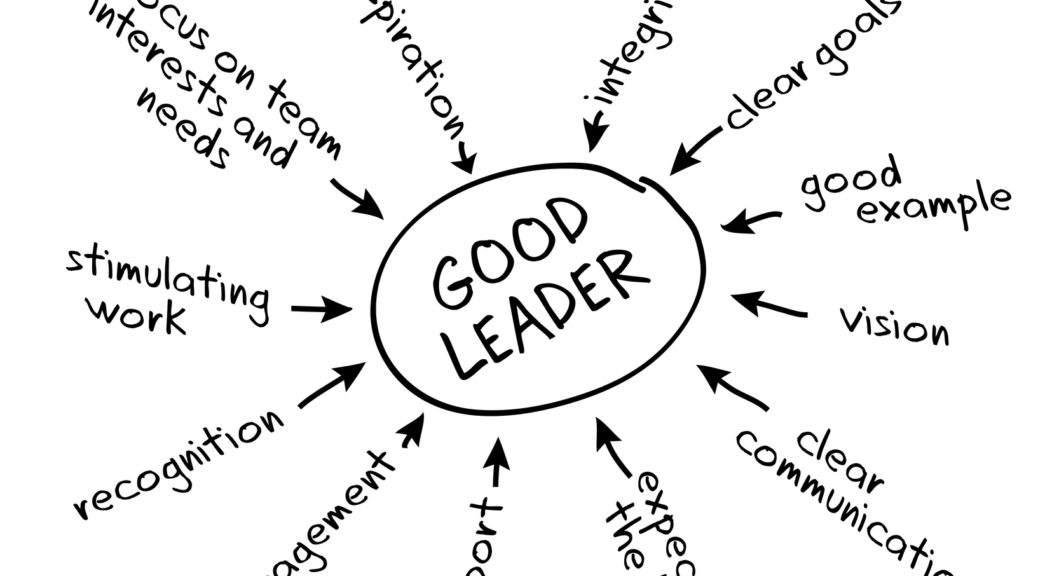
If you’ve said you can’t meet up this weekend, they’ll show up uninvited to your house. Or they’ll refuse to let you leave a party early even after saying you feel sick.
They always want your undivided attention and become upset when you make plans with others.
They might:
- speak badly or making negative comments about you and your friends
- interrogate you about where you go or who you see
- pout every time you plan to go out with someone new
They’ll try to mold you to suit their own interests by pressuring you to make changes to your appearance or the way you dress. They may throw out your favorite pair of jeans when you’re at work or refuse to leave the house unless you’re dressed a certain way.
If you find yourself relating to the above signs, take a moment to be honest with yourself about the situation and assess whether these controlling patterns have become abusive.
Ask yourself if the person is controlling your freedom and autonomy. Do you feel trapped, dominated, and fearful all the time? Are you concerned for your safety?
Do you feel trapped, dominated, and fearful all the time? Are you concerned for your safety?
All of these are clear red flags that the behavior has turned into coercive control, a form of domestic violence.
Feeling free to be yourself is one of the most important aspects of your identity and self-worth. No romantic relationship, friendship, or working relationship should make you feel small or unsafe.
Remember, no matter what they’ve told you, none of this is your fault and you deserve better than to live life this way.
If you’d like to learn more about recognizing these patterns of controlling behavior or if you’d like to talk to a professional to get help if you’re in an abusive relationship, check out the following resources:
- National Domestic Violence Hotline is available 24 hours a day and provides services by phone (800-799-7233) to help you assess your level of safety and guide you into taking next steps.
- Pathways to Safety International offers professional counseling and legal advocacy.

- Break the Cycle helps young people (ages 12 to 24) learn the signs of unhealthy relationships and provides the tools and resources to navigate safe options.
Cindy Lamothe is a freelance journalist based in Guatemala. She writes often about the intersections between health, wellness, and the science of human behavior. She’s written for The Atlantic, New York Magazine, Teen Vogue, Quartz, The Washington Post, and many more. Find her at cindylamothe.com.
7 Signs To Look For
Written by WebMD Editorial Contributors
In this Article
- What Is Controlling Behavior?
- Signs of Controlling Behavior
- What Is Coercive Control?
- Causes of Controlling Behavior
- Dealing With Mild Controlling Behavior
- Signs of Danger and How to Get Help
What Is Controlling Behavior?
Everyone wants a measure of control over their own lives. But controlling people also want to have a say in the lives of others.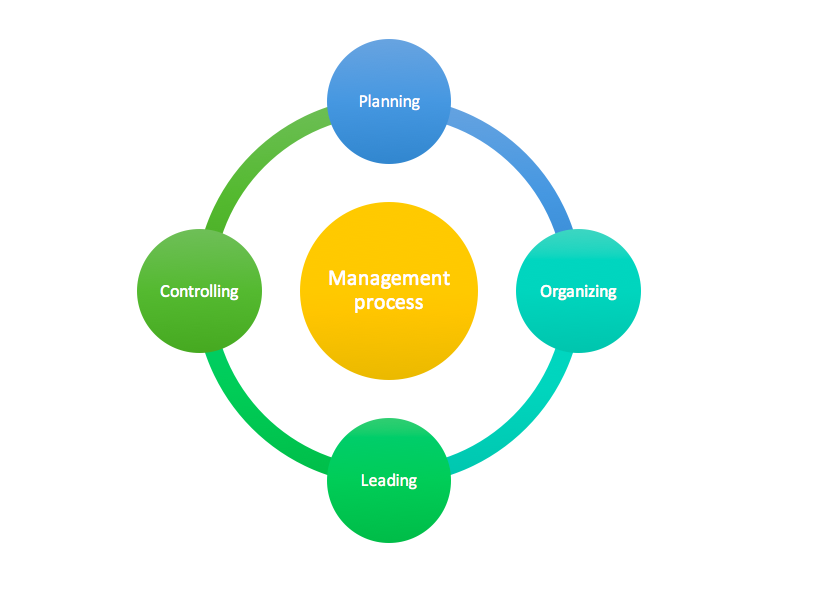
When you’re on the receiving end of controlling behavior, it can make you feel embarrassed, angry, or inferior. In severe cases -- which can sometimes include a pattern of behavior called coercive control -- you might face threats, intimidation, or abuse.
Find out how to spot the signs that someone is trying to control you. Then, you can learn practical ways to take charge of your life.
Signs of Controlling Behavior
Some of the signs are:
They insist on having things their way
Controlling people often insist everyone do things their way, even when it comes to small issues that are a matter of personal choice. Your partner might insist you change clothes if you’re wearing something they don’t like. They may refuse to back down even after you make it clear you disagree with them.
They refuse to accept blame
No one likes to admit they made a mistake, but people who are controlling seem incapable of admitting fault. Even when their actions are clearly the issue, they'll find some way to blame you for what went wrong. It may be as petty as accusing you of distracting them when they made a mistake.
Even when their actions are clearly the issue, they'll find some way to blame you for what went wrong. It may be as petty as accusing you of distracting them when they made a mistake.
They need to be the center of attention
If you have a victory, no matter how small, you can count on the controlling person in your life to try to upstage you. They want to be in the limelight regardless of the circumstances.
They’re unpredictable
They will keep you uncertain about what they will do next. They may swing between telling you how great you are and sulking because you don’t do what they want. The goal is to keep you guessing and focused on them.
They lie
Controlling people want to control your reality. Truth is the bedrock of reality. They will try to deny your reality by lying about their behavior or yours. They may insist you’re the crazy one when you try to contradict them.
They want to be in charge of finances
If you’re married or living with a controlling person, they probably want to handle all of the money. They may claim that they’re better at it than you are or that you spend too much. They want to control access to money as a way of controlling what you do.
They may claim that they’re better at it than you are or that you spend too much. They want to control access to money as a way of controlling what you do.
They dictate where you can go
One of the most intrusive ways someone may try to control you is by controlling your movements. They may want to know where you are all the time. Whether it’s by threats, intimidation, or pouting, they try to isolate you from other, supportive people in your life.
What Is Coercive Control?
It’s a pattern of abusive controlling behavior that can turn violent. Another name for it is intimate terrorism.
Coercive control is when someone -- usually an intimate partner like a date or a current or former spouse -- tries to dominate your life. They may intimidate you, keep you isolated, threaten you with violence, or terrorize you with actual violence.
The controlling person might limit your freedom and independence by:
- Keeping you away from family, friends, and other supportive people -- or making you feel guilty when you spend time with loved ones
- Putting financial, social, and emotional barriers in your way that make it hard to get out of the relationship
- Making you fear for your safety, or the safety of loved ones or other people you know
They might also:
- Deprive you of sleep and other basic needs
- Stalk you and keep a close eye on where you go, who you see, and who you talk with
- Question you a lot
- Embarrass you
- Gaslight you, or make you question your own beliefs
Coercive control can fill you with fear even if your partner isn’t physically violent with you -- and the terror and trauma could last after your relationship ends.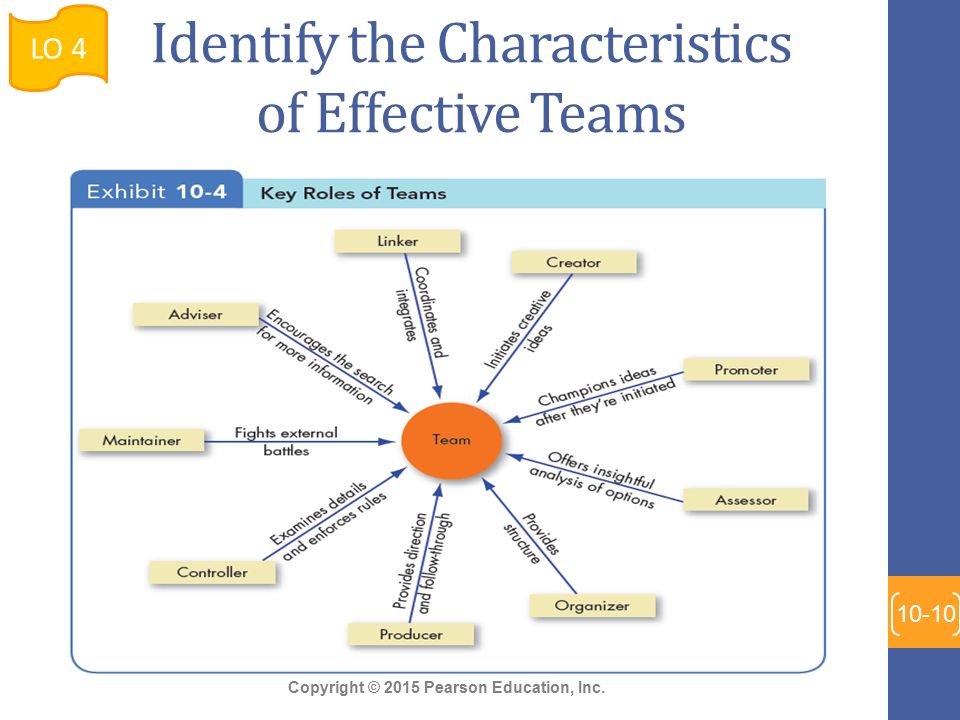
Causes of Controlling Behavior
Several things can drive controlling behavior.
The most common are anxiety disorders and personality disorders. People with anxiety disorders feel a need to control everything around them in order to feel at peace. They may not trust anyone else to handle things the way they will.
Controlling behaviors can also be a symptom of several personality disorders, such as histrionic p ersonality, borderline personality, and narcissistic personality. These disorders can only be diagnosed by a licensed health care professional.
Dealing With Mild Controlling Behavior
Sometimes controlling behavior is simply an annoying trait, but it may cross the line into abusive behavior. Once you determine the severity of the behavior, you can decide how to handle it.
If the controlling behavior is mild, it can help to discuss it with the offender. You can tell them how their behavior makes you feel, using “I” statements to avoid sounding like you're blaming them. A sentence that begins with, “I feel,” will likely be better received than one that starts with, “You always.” You will probably also need to set clear boundaries to see a change.
A sentence that begins with, “I feel,” will likely be better received than one that starts with, “You always.” You will probably also need to set clear boundaries to see a change.
If your partner is isolating you from family and friends and using different tactics to wear you down so that it’s easier to give in than to argue with them, you may be in an abusive relationship. If this is the case, the National Domestic Violence Hotline recommends creating a safety plan to improve your situation while maintaining your safety.
Signs of Danger and How to Get Help
You may be in an abusive relationship if your partner isolates you from family and friends and uses different tactics to wear you down, so that it’s easier to give in than to argue with them.
Relationship violence can begin slowly, and it can be hard to spot. It can include physical or sexual violence, threats of either, emotional abuse, and stalking.
Some signs your relationship might become violent are:
- Your partner makes you feel afraid or disrespected
- Blames you for things that aren’t your fault, including how they treat you
- Forces you to do things you don’t want to do
- Keeps doing hurtful things to you after they’ve promised to change their ways
If someone forces or pressures you to be sexual with them when you don’t want to, that’s sexual violence.
Even if you’re not sure whether you’re in a violent controlling relationship, you can call the National Domestic Violence Hotline at 1-800-799-SAFE (1-800-799-7233). You can also chat online with someone who’s trained to help. The hotline and the chat are free, available around the clock, and you don’t have to share your name.
You can also set up a safety plan that helps you lower your chances of being hurt by your partner. To do this, you’ll answer some questions about yourself and your life. You can do it alone or ask a loved one or someone else you trust to help. The plan includes info about you and your life that could make you safer at home and other places you go each day.
If you’re in danger now, call 911 right away.
EGO STATES: TO UNDERSTAND AND MANAGE
Human ego states
One of the extremely interesting and pragmatic directions in modern psychology is transactional analysis (commonly accepted abbreviation TA). Its founder is the American psychotherapist Eric Berne.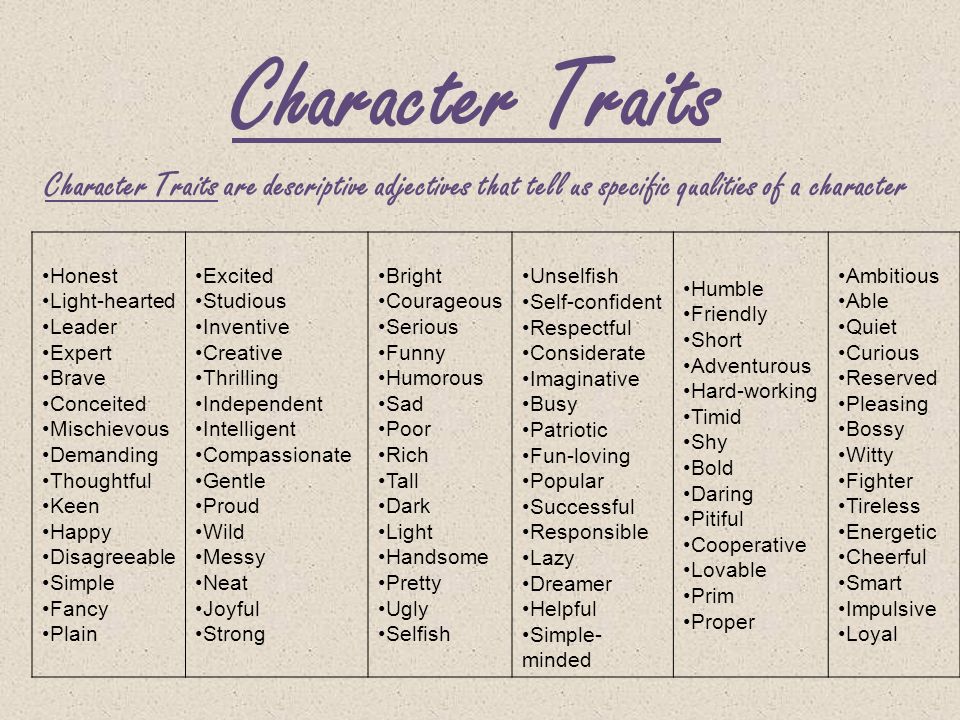 A generally recognized feature of transactional analysis is its accessibility. The study and most important use of this theory in practice does not require basic psychological training. This theory has a very wide range of applications.
A generally recognized feature of transactional analysis is its accessibility. The study and most important use of this theory in practice does not require basic psychological training. This theory has a very wide range of applications.
The name of this direction comes from the word transaction (interaction) is the appeal of one person to another (stimulus) and the response to it (reaction).
Transactions between people are carried out with the help of verbal and non-verbal means of communication: words, gestures, facial expressions, gaze, etc.
Transactional analysis is nothing but a meaningful understanding of the elements of behavior. This is a psychological model that serves to examine in detail the actions of an individual and a group of people.
Text
More details here >> >> >>
Transactions between people are carried out using verbal and non-verbal means of communication: words, gestures, facial expressions, gaze, etc.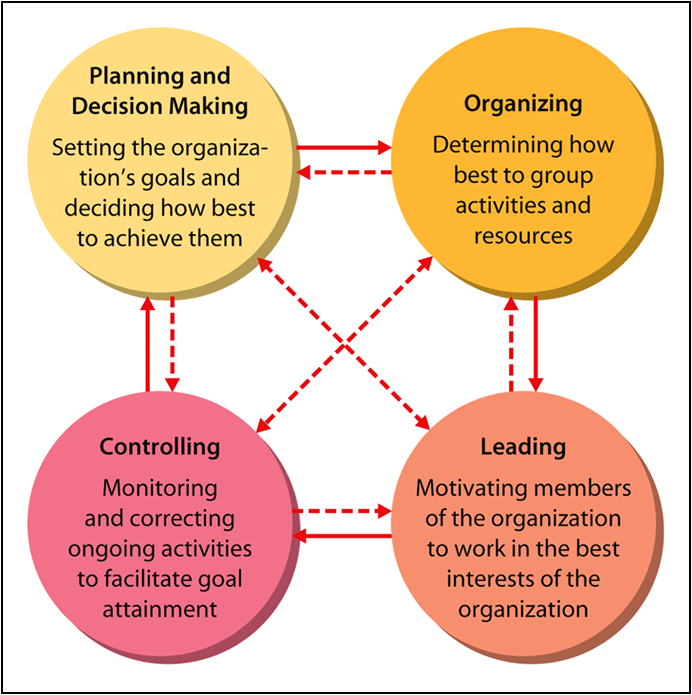
Transactional analysis is nothing but a meaningful understanding of the elements of behavior. This is a psychological model that serves to examine in detail the actions of an individual and a group of people.
Text0005 ego-states personality, which are special sets of feelings, experiences and elements of human behavior a.
E. Bern identified three such states - Parent, Adult, Child (Child). The names of the states are traditionally capitalized so as not to be confused with the usual meanings of these words. In the diagrams, these states are indicated by capital letters - P, V, D. These states of the personality have nothing to do with age in the usual sense of the word.
According to transactional analysis, every minute every person realizes one of three roles in absolutely behavior: Adult, Parent (Critical or Caring), Child (Natural or Adaptive).
"Parent" represents the authoritarian tendencies of the individual, "Child" - a subordinate position, "Adult" - the ability to defend one's own opinions and organize relationships with others on the basis of equal partnership.
Located in Parent ego state , a person reproduces the behavior of his real parents or other significant adults who had a great influence on him in childhood. He can reproduce judgments, prescriptions, evaluations, emotional reactions. In this state, a person shows parental anger, criticism, moralizing, parental care, guardianship.
There are two varieties of this state: o bordering Parent and supporting Parent .
Restrictive Parent criticizes, forbids, prescribes, obliges, demands. For example: “Stop it now!”, “Shame on you!”, “You should…”. In this state, a person makes others feel guilty, feel that they are not all right.
In the state of a supporting Parent, a person protects others from danger, calms, shows care, support. For example: “You can do it!”, “Let me help you”, “Be careful!”. Although a supportive Parent may limit and direct the other person's behavior, it does not overwhelm or create discomfort.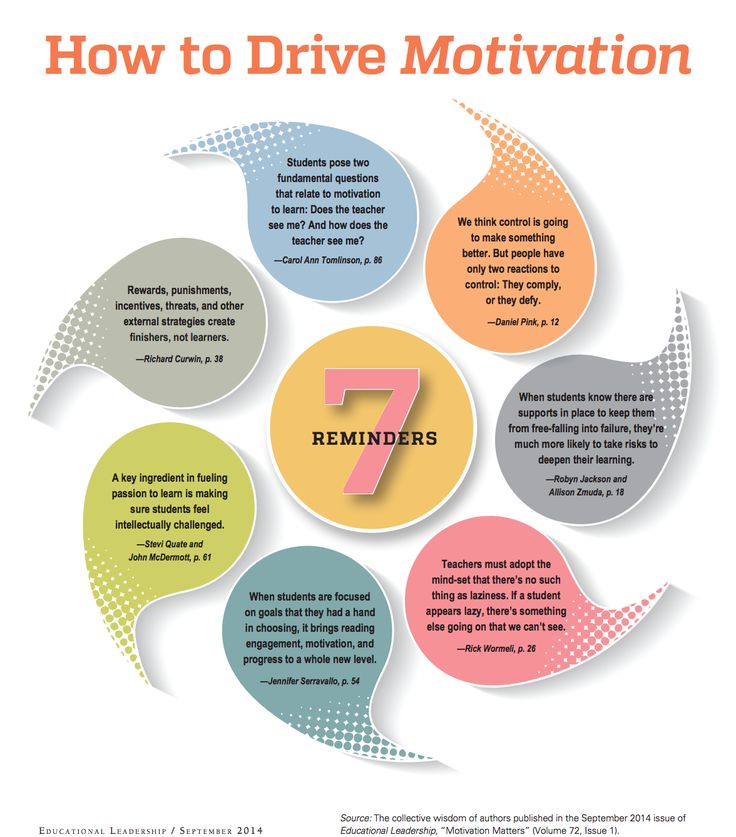
This role is determined by deliberate actions and is expressed in a critical attitude towards the environment.
In general, researchers note that the parental state allows you to maintain good relations with other people, playing the role of conscience. It provides us with important life guidelines: it allows us to distinguish “good” from “bad”, the “Parental” state reminds us of social (moral) norms, gives instructions that play an important role in shaping the life scenario.
Being in ego-state Child (Child) , a person reproduces sensations, experiences, judgments, behavior, characteristic of him in childhood. Behavior in this state is very different from the behavior caused by the Adult state. Such behavior is most often a reaction to immediate stimuli, it is not consciously controlled.
In the state of a "child" a person follows the simplest needs and needs. At the same time, decisions are made spontaneously, carelessly, sometimes impulsively.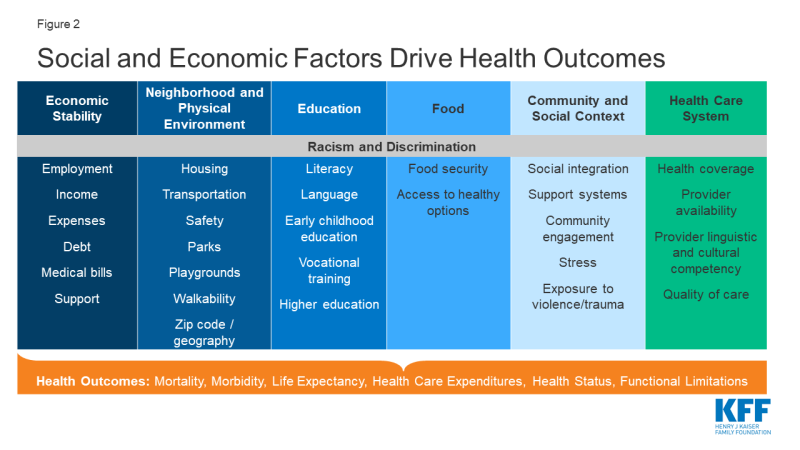
In the ego-state Adult a person is in maximum contact with reality. His feelings, thoughts and behavior are directly related to important aspects of the current situation. An adult receives and processes information, passes it on to others, makes decisions, plans and acts expediently.
The state of an "adult" is completely independent of the person's physical age. It manifests itself in organization, a good level of adaptability, critical assessment, strict prudence and self-control.
Byrne states "Although we cannot directly observe these states, we can observe the behavior and from this infer which state is the current one."
Role relationships and view of the world
In the practice of interpersonal relationships, we interact with the help of roles and images, from beginning to end we play them. Our partner or interlocutor does exactly the same thing. Sometimes, we “put on” the role we need on the interlocutor in advance.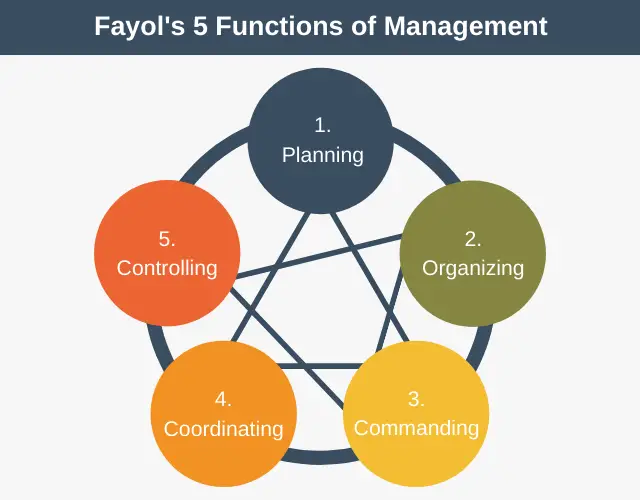 And often he quite naturally accepts it.
And often he quite naturally accepts it.
For example, the head of a company enters the ego-state of the Parent and, according to the rules of the accepted role, addresses his subordinate with an indication of a mistake he made in his work. Consequently, the subordinate has no choice but to take on the role of a “child”, listen to instructions and take up the solution of the issues that have arisen.
When the interlocutor accepts the role imposed on him, the contact goes well.
Attitude towards the world and towards oneself according to transactional analysis
Conflict occurs where the direct stimulus is directed from Adult to Adult (“Where is the report for today?”), and the reaction comes from the Child’s ego state (“Again, it’s all my fault!”). In this case, we see the so-called " cross transaction ", which is usually the beginning of a scandal.
But there is also a variant of " hidden transactions ", in which something specific is said, but something completely different is meant.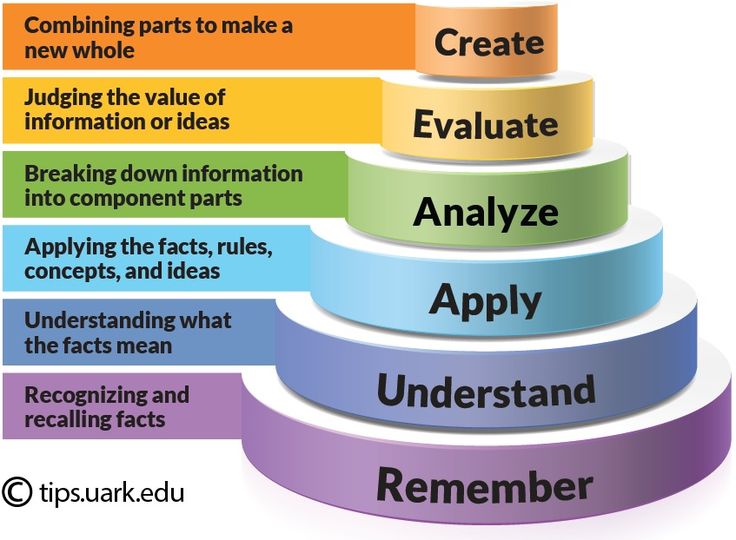 At the same time, gestures, facial expressions and tone of voice often do not match what the person is saying.
At the same time, gestures, facial expressions and tone of voice often do not match what the person is saying.
Transactional analysis in business
Situation: the manager made a business request to his subordinates:
Saturday to work. I can offer either double the pay or the day off next Friday. What do you say?
— You should have warned me in advance! It feels like no one can do anything without me. Like what - immediately "Masha!" ...
Case 2
— Kolya, there is a task to finalize the project, it is important to complete it urgently, so I ask you to come to work on Saturday. I can offer either double the pay or the day off next Friday. What do you say?
— What should I do now, I promised my family to go out of town?
As we can see, different dialogues have turned out in one situation. Why did employees react differently? What is it connected with?
Table 1 How to recognize ego states
After analyzing the main behavioral indicators of the characters in the case, you can easily determine that the leader addresses his subordinates from the “Adult”, clearly voices the request and offers options.
Masha functions as a "Controlling Parent", she reproaches and emphasizes her importance.
Supervisor Masha
KP - "Controlling Parent" function
ZR - "Caring Parent" function
V - "Adult" function
AD - "Adaptive Child" function
SD - "Free Child" function
And Kolya, on the contrary, "Adaptive Child", shifts responsibility for his decision.
Manager Kolya
And how would the "Adult" react?
Case 3
– Petya, there is a task to finalize the project, it is important to complete it urgently, so I ask you to come to work on Saturday. I can offer either double the pay or the day off next Friday. What do you say?
— I don't mind, but I already have a weekend planned. There is an offer to stay on Thursday and Friday. How do you like this option?
- Agreed.
Leader Petya
Moreover, each functional state can manifest itself positively and negatively, i. e. help communication or complicate it ( tab. 2 ).
e. help communication or complicate it ( tab. 2 ).
Observing yourself and those around you, you will also notice that everyone has “favorite” functions, for example, people can obediently agree with everyone as an “Adaptive Child”, or, conversely, not leave the “Caring Parent”, distributing to the left and right tips. Interacting with each other, we can be in different functional ego states, this makes our communication interesting and varied.
Communication becomes ineffective if:
1) only one behavior model is habitual, rigid;
2) functions are characterized by only negative manifestations;
3) the functions of the interlocutors do not coincide: for example, "Adult" decided to discuss an important issue with a colleague, but came across a "Free Child" and could not agree with him.
How to deal with such situations? Firstly, it is important to distinguish between your own functions in order to be able to manage and switch them, and secondly, you need to determine the position from which your interlocutor communicates, this will help you restructure your communication and prevent conflict.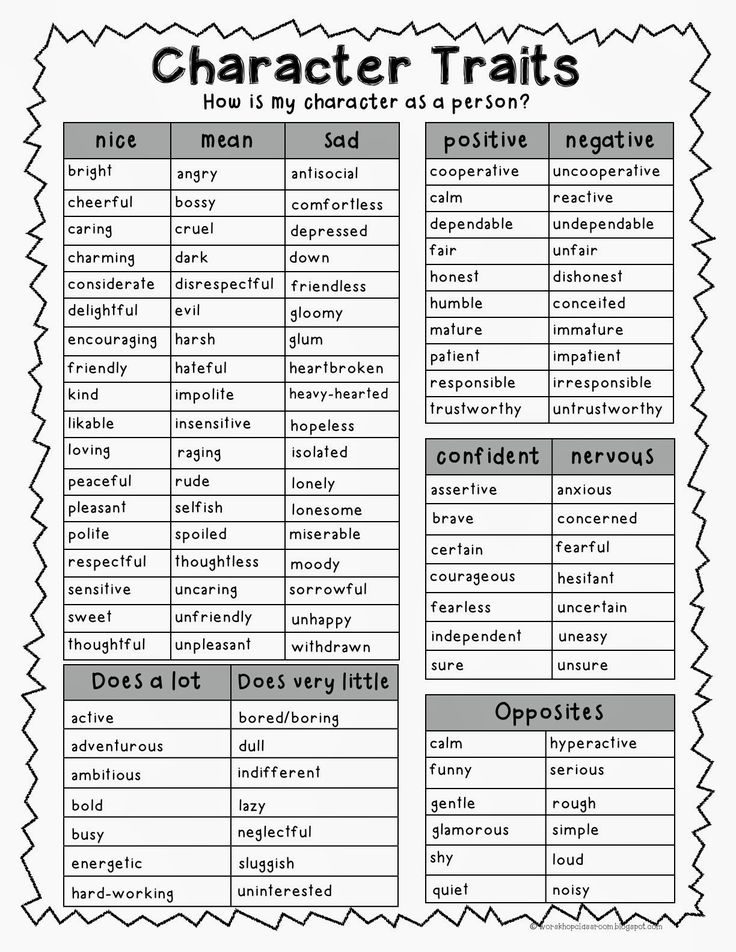
If your interlocutor communicates from the "Parent" function, recognize the authority of the interlocutor, then turn to reality: facts, figures. Communicate on an equal footing, from the Adult, because often the messages from the child's function provoke the interlocutor to "turn on" the parent's.
Case 1
— You should have warned earlier! It feels like no one can do anything without me. Like what, immediately “Masha!”…
— Masha, you are an important member of the team, it would really be difficult for us without you. As a leader, I am ready to further discuss your workload and adjust it, if necessary. But the project is now “on fire” and it is important that you join.
- Good.
If your interlocutor communicates from the “Child” function, refer to his experience, status, invite him to think about how it could be, to speculate on the options.
Case 2
— What should I do now, I promised my family to leave the city?
- What do you think, are there other options to speed up the work? You are a project manager, this is a responsible position, I am sure that you can find a way out.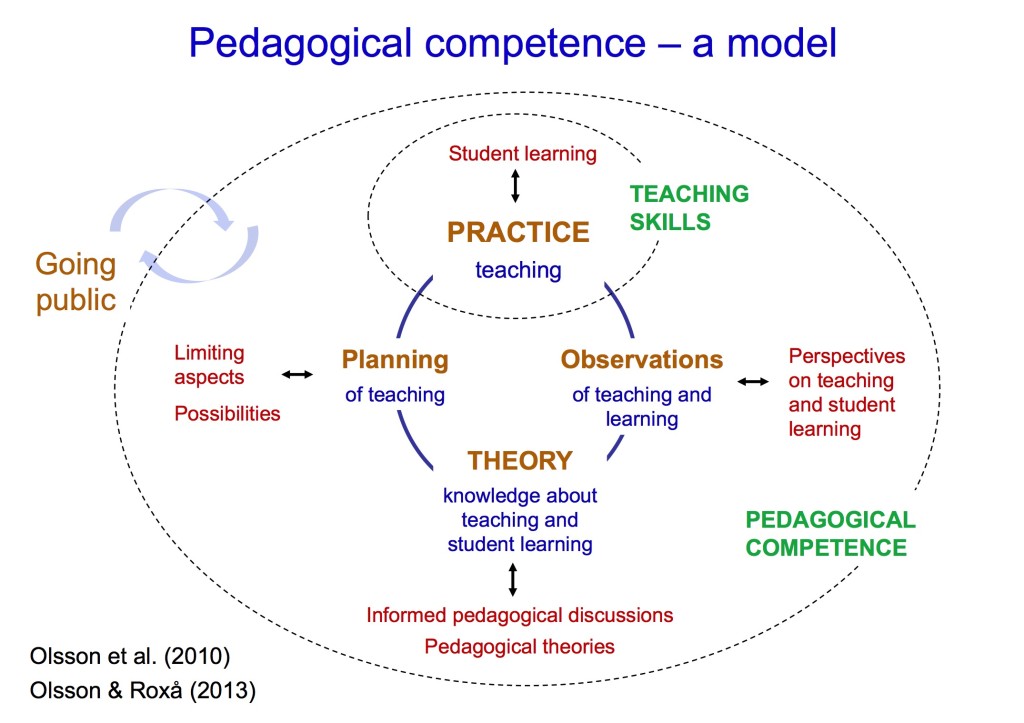
- Okay, I'll think about it.
To build "adult" communication it is important:
- Be aware of your emotions and be able to speak openly about them.
- Do not make excuses, do not defend yourself, do not prove or force others to justify or defend themselves.
- Do not shift responsibility for your decisions to others.
- Do not judge, do not judge, do not label.
- Be interested in your development and the development of other people.
Human communication is valuable because we can give many messages from different functions. At the same time, in a business environment, the position Adult-Adult is the most preferable. And if you suddenly meet Parents or a Child in your office, now you know how to find an approach to them.
How to recognize our states
We are in the Controlling Parent when we give qualitative characteristics such as: stupid, smart, obedient, capricious, liar, honest.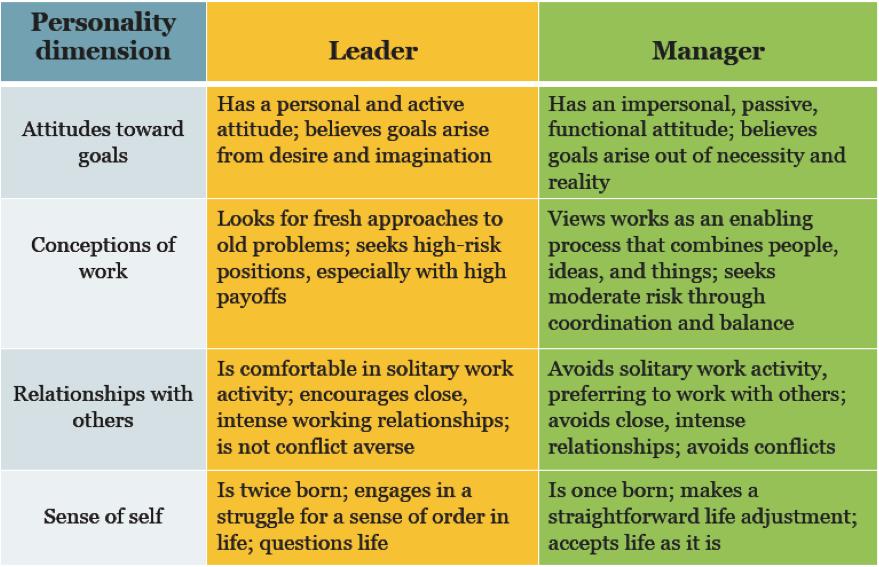
The "Controlling Parent" state can manifest itself positively or negatively. For example, when a person is in positive Parent , then his directives are aimed at sincere help and support to other people, to preserve their health and well-being.
Negative Controlling - Punishing Parent , on the contrary, ignores the other person, his abilities and successes. For example, “You made a mistake again! mediocrity. You will never succeed!" The Controlling Parent can direct their energy to support or criticize their inner Child as well. Self-blame and self-flagellation, the activity of the inner critic - the negative Controlling (Punishing) Parent. Its task is to weaken self-esteem, to create a position of trouble (I am not happy). "Weakling! Jonah! It is useless to entrust you with anything, you will fail, ”the voice of the Punishing Parent sounds, and an adult loses his resource and feels like a defenseless and helpless child again.
Criticism of the positive Controlling Parent is constructive, it supports the "I am well" position. "I made a mistake - fix it!"
When I am in a positive Caring Parent I care and help, support and encourage. I believe in the success of the person I care about. Relationships are based on respect, trust, openness. The existential position "I am well - you are well" is encouraged. The same principles apply to the inner Child - "Come on, dare, you will succeed!". When we create a stroke bank, we use the state of Encouragement Parent, loving and respectful.
When a person is in negative Caring Custodial Parent , he demonstrates hyperprotection, hyperprotection in relation to another.
Often we try to do something for someone else, we don't let him make his own decision. At the heart of the negative Caring Parent's behavior is disbelief in the ability of another person and in the ability of their inner Child to be successful. “You are unfortunate. I am well. And I will save you, no matter how you resist!” is the motto of the negative Caring Parent.
“You are unfortunate. I am well. And I will save you, no matter how you resist!” is the motto of the negative Caring Parent.
The Punishing Parent willingly, with pleasure and at any time is ready to use his punitive capabilities to the fullest extent and reluctantly, sluggishly and inconspicuously uses rewards. That is, he is very determined to distribute kicks. And not in the mood for stroking at all. This part of parenting is implemented through Parental prohibitions. Prohibitions on strokes come from the negative Parent.
Caring Parent rewards, indulges, indulges. His part of education is realized through Parental permissions, including for stroking: “Take it! Give it away! Ask! Enjoy it! The world is so beautiful! You can everything! Live! Be happy!".
Children's condition is also heterogeneous. It manifests itself in two versions: the Free Child and the Educated Child.
The spontaneous state is the natural Child in all its natural charm.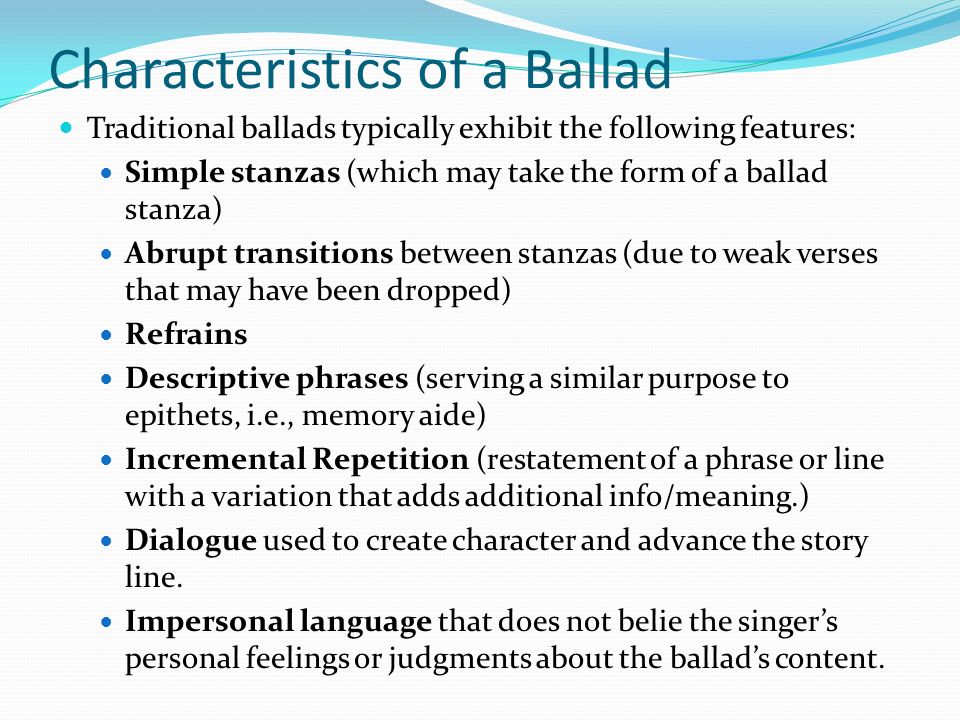 When a child behaves as he wants, he is in the Natural Child. At the same time, he does not obey the requirements of his parents, society, he does not rebel, he is natural and spontaneous. He cries when he is hurt or sad. He laughs when he is happy and good. The Natural Child gives warmth and charm to a person's personality. He is fearful. He owns the primary fear of an unexpected attack and the fear of being abandoned. The Natural Child is often hidden and manifests itself in man's fantasies.
When a child behaves as he wants, he is in the Natural Child. At the same time, he does not obey the requirements of his parents, society, he does not rebel, he is natural and spontaneous. He cries when he is hurt or sad. He laughs when he is happy and good. The Natural Child gives warmth and charm to a person's personality. He is fearful. He owns the primary fear of an unexpected attack and the fear of being abandoned. The Natural Child is often hidden and manifests itself in man's fantasies.
Prohibitions can also be valuable, protecting life and health. Neglect of valuable prohibitions is characteristic of the behavior of a negative Spontaneous Child . For example, recklessness on the road, any abuse of food, alcohol, drugs, sex. "Want! I like! Now!” are traditional words. The incentives for behavior are pleasure and enjoyment. An important characteristic of the negative spontaneous Child is the lack of interest in consequences and the inability to transfer or delay pleasure in time.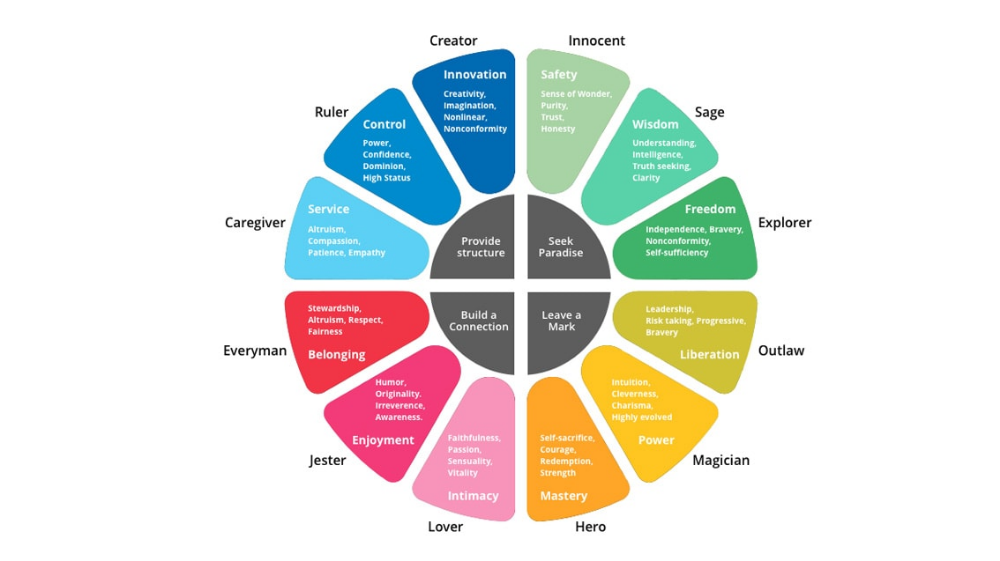
A spontaneous child is vulnerable and defenseless. In addition, he is dirty and reckless.
Adaptive, Educated Child went through socialization, various forms of education and is a product of social influences.
A well-bred Child is formed from birth to 6-7 years under the guidance of parents. The child adapts to the requirements of the father, mother, grandparents, possibly a nanny, brothers and sisters. All communications are reduced to interaction within the family, within the home, within a closed, limited space.
The next stage is from 7 to 12 years old. This is the period of socialization. The child begins to explore the space outside the home. Here the “persona” (E. Berne) of the child is formed. Persona is a way of presenting yourself to other people.
"Person" can be described by adjectives: sociable, sullen, obedient, witty, arrogant, stubborn. A person can use the "persona" in an unchanged form all his life. And it can change as you gain experience, in the course of growing up.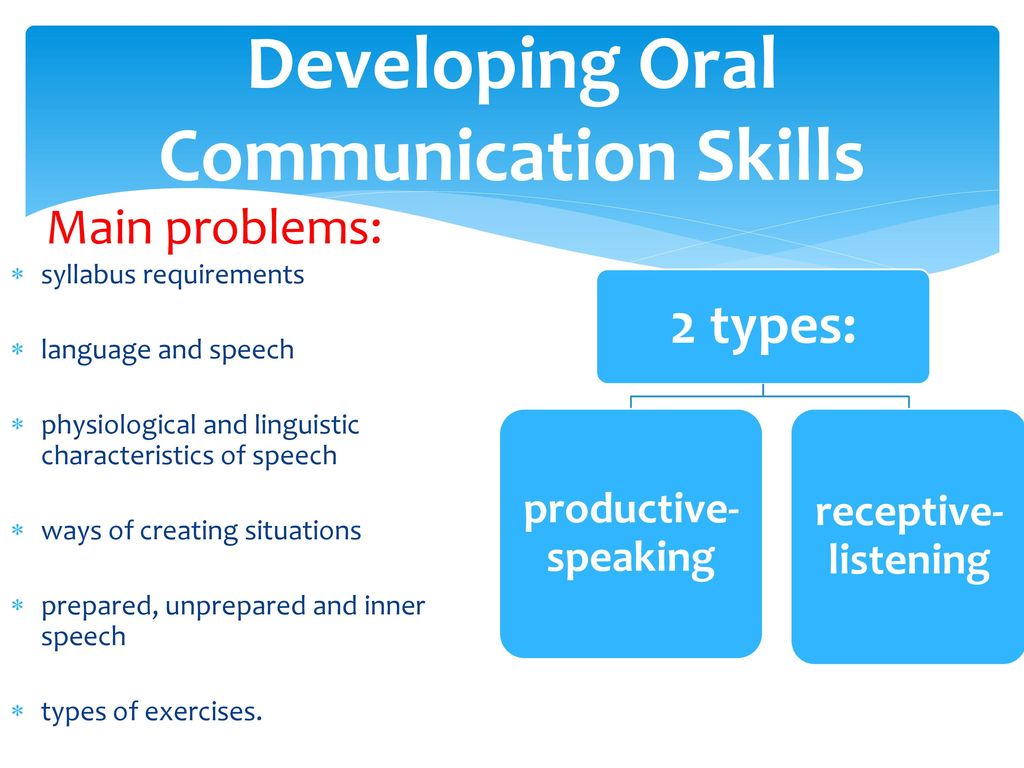
Well-bred Child can be positive or negative.
Negative A well-mannered child Most clearly manifested when we rebel, rebel against the rules and expectations that parents or society imposes. Instead of finding another way to adapt or express our disagreement, we choose to rebel and try to do the opposite.
Sometimes an adult plays children's patterns of behavior that do not correspond to the real situation. If in childhood rebellion led to the desired result, then in adulthood it can often be found in behavior.
We all go into a negative Child state, scream, rebel, or pout and get offended. And the problem remains unresolved.
Detailed Descriptions of Ego-States
Parent Ego-State
The “Parent” position is formed in the family in the first 5 years of life and reflects the feelings of parents, their behavior, attitudes and reactions. The “Parent” has everything: punishments, rules, thousands of “don’ts”, as well as: praise, admiration, judgments, positions and attitudes that determine how you can and how you can’t do something. The “parent” acts in two ways: by helping and caring, and by criticizing and controlling. The "Critical Parent" evaluates, moralizes, creates a feeling of guilt and shame, knows everything, keeps order, punishes, teaches, does not tolerate disagreement with one's own point of view. A "caring parent" helps, sympathizes, understands, consoles, soothes, supports, inspires, praises.
The “parent” acts in two ways: by helping and caring, and by criticizing and controlling. The "Critical Parent" evaluates, moralizes, creates a feeling of guilt and shame, knows everything, keeps order, punishes, teaches, does not tolerate disagreement with one's own point of view. A "caring parent" helps, sympathizes, understands, consoles, soothes, supports, inspires, praises.
All people, without exception, have the experience of communicating with a senior authoritative person. Such people are integrated into our psyche under the guise of significant others. The experience gained from communicating with these people forms the state of the Parent. Depending on what messages and in what form we received from the verbal and non-verbal perception of significant others, the structure of the Parent may take the form of an equivalent coexistence of the Controlling and Caring Parent, or else prevail in the form of one or the other.
If we define the Parental ego-state, then it is the experience of significant others integrated into the personality, in the form of prescriptions, prohibitions and permissions.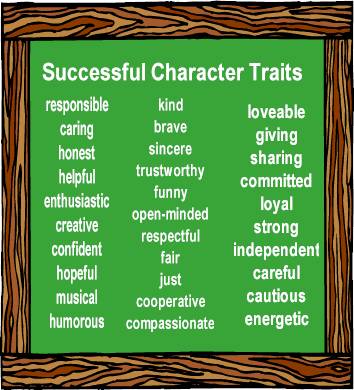 A person receives these messages throughout life, but those integrated messages that were received in childhood most strongly influence behavior.
A person receives these messages throughout life, but those integrated messages that were received in childhood most strongly influence behavior.
Images and experiences of significant others integrated into the psyche is called introject. There will be as many such introjects in our personality as people who are important and authoritative for us were perceived during our life.
Speaking about the structural parts of the Parental ego-state, it is worth noting their significance and usefulness. The difference between the Controlling Parent (KP) and the Caring Parent (ZP) lies in the form of the message, which was submitted as an attempt to take care of safety.
For example, the internal monologue of the Controlling Parent regarding the work done could sound like this: "You did everything wrong, the quality of the work is disgusting. You are worthless, everything needs to be redone. This is not possible."0007
At the same time, a Caring Parent would appear like this: “Now let’s think about how we could improve this part of the work.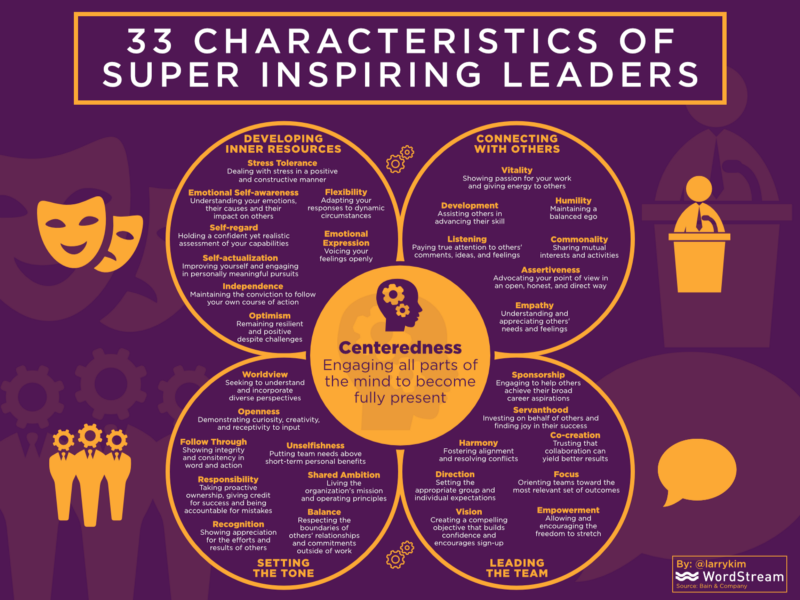 and you can rest, so that later you can start working with renewed vigor." In both cases, it is about improving the work done and eliminating shortcomings. However, if a person has a very developed internal Controlling Parent, internal destructive criticism will be activated. On the one hand, such people are usually very good employees and bosses, they are perfectionists and know how to do quality work.On the other hand, they never have the feeling of a job well done and a sufficient result, neither in relation to themselves nor in relation to other people. This threatens to reduce motivation and worsening results
and you can rest, so that later you can start working with renewed vigor." In both cases, it is about improving the work done and eliminating shortcomings. However, if a person has a very developed internal Controlling Parent, internal destructive criticism will be activated. On the one hand, such people are usually very good employees and bosses, they are perfectionists and know how to do quality work.On the other hand, they never have the feeling of a job well done and a sufficient result, neither in relation to themselves nor in relation to other people. This threatens to reduce motivation and worsening results
If the experience of communicating with significant people was to receive love and care, internal criticism will be constructively aimed at achieving a better result. Preserving the structure of personality and physical well-being is a prerequisite.
Recovery of the Parental ego-state consists in balancing the internal feelings of "should", the internal experience of humiliation and the expectation of inevitable punishment for completed or not completed tasks.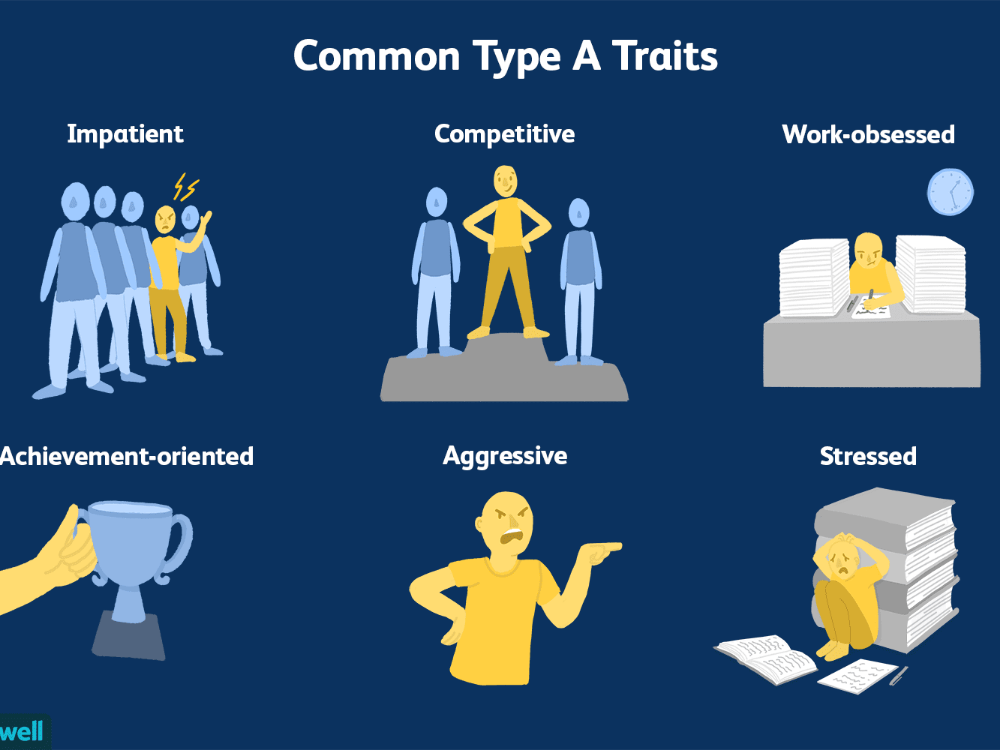
Ego state of the Child
The most striking and creative is the Inner Child. Like previous ego states, Child is an integrated experience. The difference between the Child and the Parent lies in the fact that not someone else's experience is integrated into the structure of the Child's personality (parental instructions such as "Don't cry, you're not a girl"), but the individual's own childhood experience. In every person, in his Childish ego state, there is a child of a particular age in emotionally significant situations. And at certain moments of life, in situations reminiscent of childhood experience, a person “falls through” into that childish state that was once formed.
There are three ego-states in the structure of the Inner Child:
- Free Child.
- Rebellious Child.
- Adaptive Child.
The Free Child is the creative part of the personality, able to follow his desires, express his feelings, state his needs and do it again and again.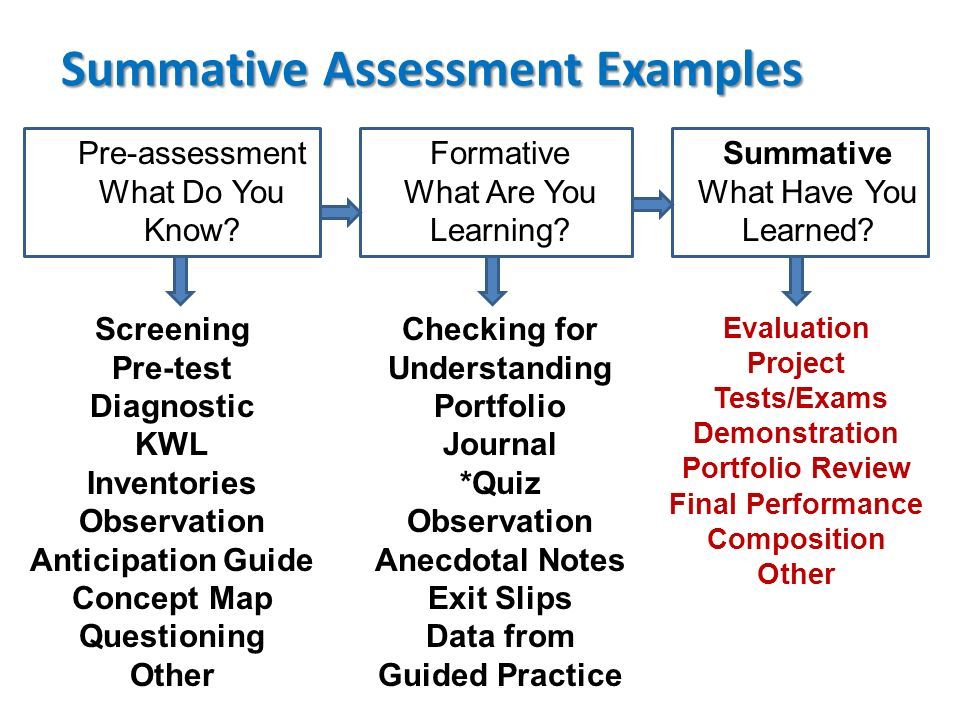 In this state, the individual is a happy, though not a constructive person. This ego state develops in people whose creativity is not suppressed and encouraged by healthy egoism.
In this state, the individual is a happy, though not a constructive person. This ego state develops in people whose creativity is not suppressed and encouraged by healthy egoism.
The Rebellious Child is the result of a conflict between the really existing Controlling parent or his introject, and the needs, desires, emotions of the personality. When suppressed, the behavior of the Inner Child becomes the opposite of that dictated by the external or introjected Parent (a kind of rebellion).
The next component of the Child is the Adapted Child. It is formed when rebellion is dangerous and the individual chooses not to fight repression but to submit to it. This state is rather passive, devoid of energy. In it, a person chooses the safest form of coexistence with an aggressive reality for his personality.
"Adaptive child" adapts to the environment and internal requirements. He gives in to influence, justifies, apologizes, makes compliments, obeys, observes the rules of good taste, lacks initiative.
The verbal manifestations of the Child are all kinds of emotional responses, protests or the manifestation of actual desires. Non-verbally, the child shows demonstrativeness and freedom of emotions.
The ego-states of "Parent" and "Child" are emotionally colored roles, the playing of which is aimed at satisfying emotional needs. For example, if a leader yells at a subordinate, then he does this not in order to get a rational explanation from the latter for what happened, but in order to express the emotion of anger. The task of the subordinate is to give him the opportunity to do this.
The only rational ego state is the "Adult" ego state. He independently collects information, justifies his choice and evaluates his activities, operates exclusively with facts, establishes causal relationships, and plans. "Adult" is reasonable, logical, cold, objective, free from prejudices. All of the above is the basis for an adequate assessment of emerging situations by a person, the ability to select constructive strategies for their resolution and further prediction of possible consequences.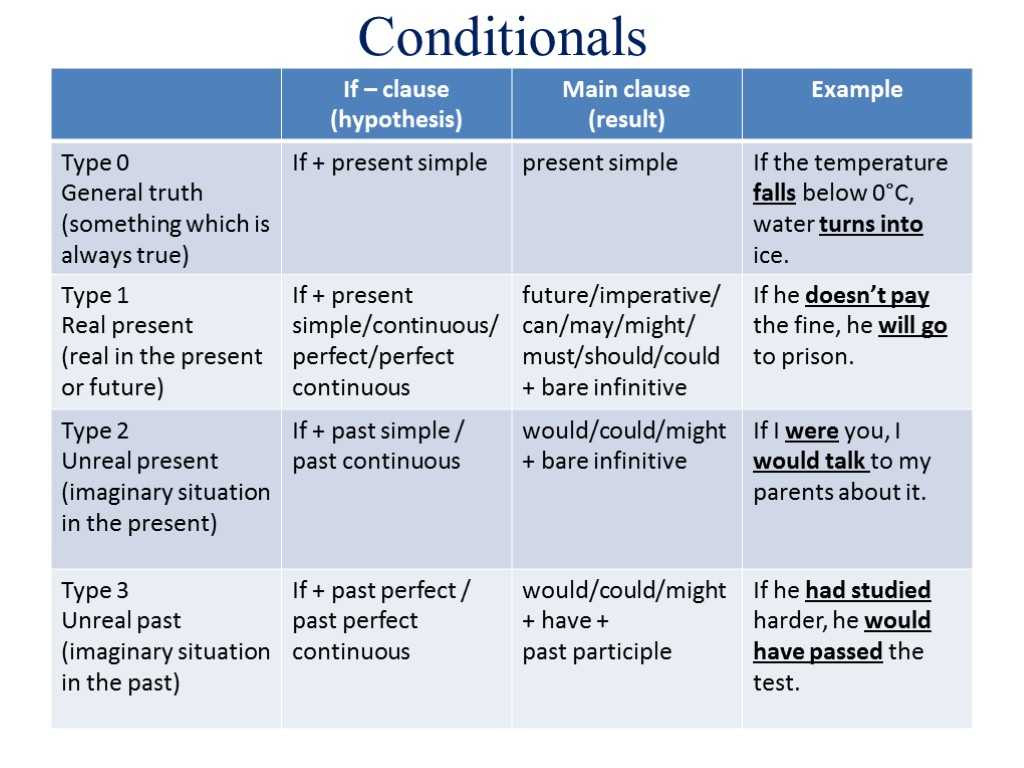
Analysis of the structure of the Child >> >> >>
Adult ego-state
at the moment, taking into account past experience, but not relying on it completely.
In this part there is an inner harmony between what a person can do, what he is capable of, and what he really needs.
An inner adult is formed when a person has the opportunity to gain experience and make decisions, analyze and compare facts
This part of the personality, of course, does not function independently. Without the interest and emotionality of the Child and reasonable control from the Parent, the Adult is a dry and pragmatic logician.
Activation of the Adult ego-state allows you to accelerate adaptation to non-standard life situations, avoid falling into acute emotional experiences and calculate the situation in advance.
The adult is manifested in a confident body posture, mobile but upright, in open gestures, free eye contact and calm intonations.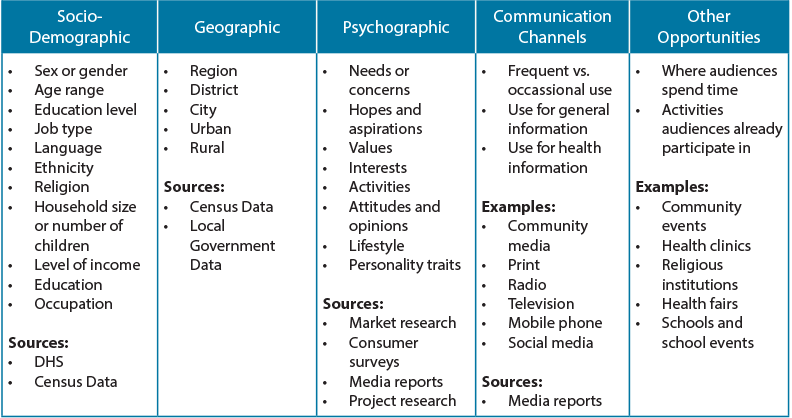 Verbally, the Adult sounds reasoned and balanced, calm and concise.
Verbally, the Adult sounds reasoned and balanced, calm and concise.
However, even such a constructive ego-state, when dominated in the personality, can do a disservice. For example, in a relationship. Dry, logical and unemotional, it can cause bewilderment where a response of emotions or some reasonable criticism is expected (for example, in parent-child relationships).
Adult state psychotherapy consists in balancing the three ego states and in forming an internal resolution to an emotional response.
This state is usually formed in contact with the experience acquired in Childhood and Parental attitudes - this is the pattern that can develop with the suppression of emotional reactions and the education of rational thinking at an early age.
In a developed personality, an Adult stands between the Parent and the Child. He mediates between them.
The adult state develops throughout life.
The Competent Adult state makes decisions by examining the situation, understanding the information it has received and the information contained in the Parent and Child states.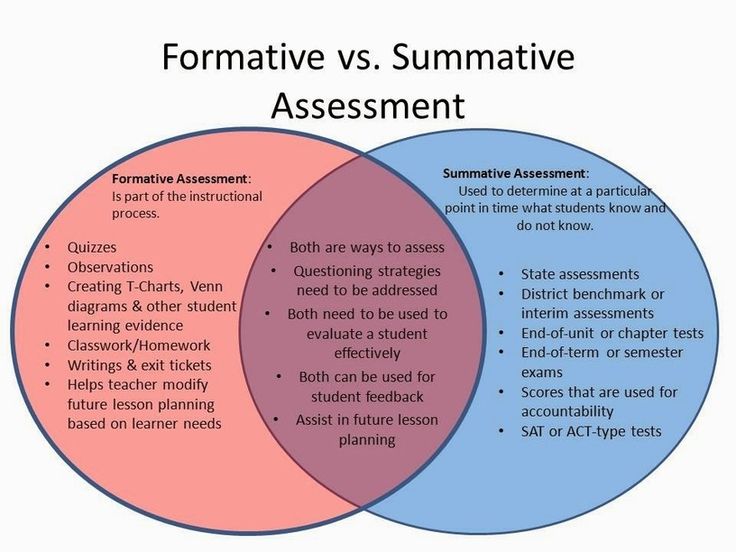 And the quality of the decisions depends on how well informed the Adult is and how much he is able to select and analyze the information provided by the Parent and the Child.
And the quality of the decisions depends on how well informed the Adult is and how much he is able to select and analyze the information provided by the Parent and the Child.
Today, the adaptability and flexibility of the individual is especially important. Conscious adaptability is basically a function of the Adult state. It requires caution, diplomacy, tolerance. Flexibility is the ability to sacrifice part of one's expectations, to be content with their less than complete satisfaction.
An adaptable and flexible person achieves his goals by making informed decisions and planning for the future, deliberately and accurately doing in the present what is needed to realize his plans. He can afford to be gentle and patient. He knows how to react in time to sudden changes in the situation. He knows his capabilities and consciously uses the resources of all his ego states.
Limits and pathologies of ego states
The idea of the limits of ego states is very useful for psychotherapeutic practice.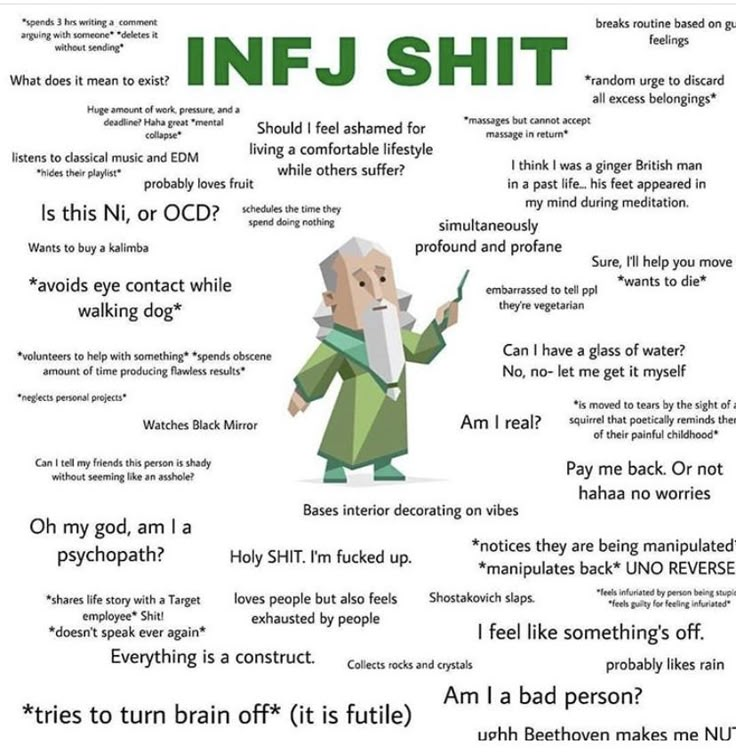 Eric Berne proposed to consider the boundaries as translucent, like membranes through which psychic energy can flow from one ego state to another. This metaphor suggests that with rigid boundaries, psychic energy closes in these boundaries, encapsulates and is thus limited to only one state, and with weak boundaries, it continuously moves from one ego state to another. Area overlaps and boundary violations are also possible. All of these options describe a pathology of ego states, a structural pathology.
Eric Berne proposed to consider the boundaries as translucent, like membranes through which psychic energy can flow from one ego state to another. This metaphor suggests that with rigid boundaries, psychic energy closes in these boundaries, encapsulates and is thus limited to only one state, and with weak boundaries, it continuously moves from one ego state to another. Area overlaps and boundary violations are also possible. All of these options describe a pathology of ego states, a structural pathology.
Weak boundaries of ego states. A person with weak boundaries behaves unpredictably and illogically, reacting to minor stimuli, has a low level of Adult control. It is difficult for such a person to act in the real world, and she needs serious mental help.
Hard boundaries of ego states. Psychic energy is held within one ego-state, excluding the other two. People who have rigid boundaries of the Self tend to respond to most influences from only one ego state.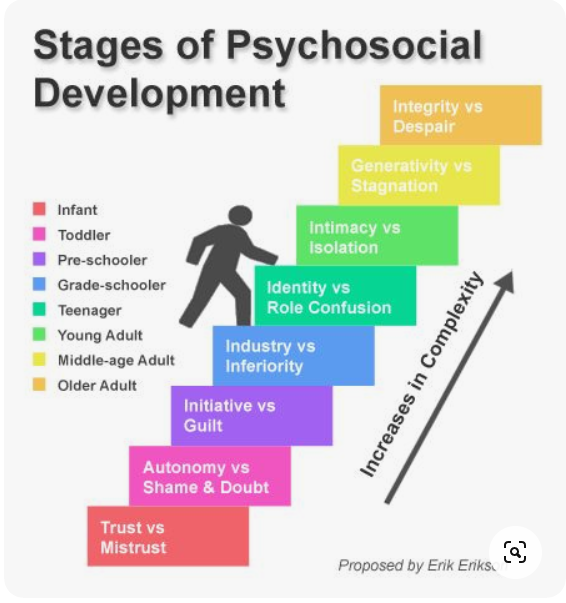 Such a person is constantly in only one ego-state. For example, always in the Parent, or always in the Adult or Child ego states.
Such a person is constantly in only one ego-state. For example, always in the Parent, or always in the Adult or Child ego states.
Permanent Parent
A person who acts primarily from the position of a Parent often perceives others as unintelligent little children. There are two most striking variants of the permanent Parent. One with a predominance of Punishing Parent , the other - Encouraging Parent .
The Constant Punishing Parent is a critic, a moralist, he is not able to cry and laugh in the state of the Child and be objective and prudent in the state of the Adult. He knows the answers to all questions, manipulates others, often has a strong sense of duty.
The ever-caring Encouragement Parent is the perpetual babysitter or Rescuer-Savior. The range of roles here is wide - from a benevolent dictator to a saint dedicated to helping others.
Permanent Adult
The behavior of a person with a permanent Adult ego-state is characterized by impartiality, focus on facts and logic.
Permanent Child
A person who prefers the Child ego state is an eternal boy or girl. The Permanent Child takes no responsibility for his own actions. He has no remorse and often becomes attached to those who care for him. For marriage, the Permanent Child is looking for a partner - the Permanent Parent.
When one ego state is excluded, the following options are possible:
- excluded Parent,
excluded Adult and
excluded Child.
People who have excluded the Parent will not act according to ready-made life principles. Each time they create new strategies and principles for themselves, using intuition and objective information about the state of affairs. It is believed that such personalities can form the bosses and bigwigs of business, the underworld and politics.
When the Adult is excluded, only the inner struggle of the Parent and the Child is heard. There is no operating apparatus for testing and evaluating reality. The actions of such a person may be so strange that it is highly likely that he will be diagnosed with a psychiatric diagnosis.
The actions of such a person may be so strange that it is highly likely that he will be diagnosed with a psychiatric diagnosis.
When the Child is excluded, the person is characterized by cold, unemotional behavior. To the question: “What was your childhood like?” the answer is “I don’t know, I don’t remember anything.”
Another pathology of ego states is contamination - clogging, infection of the Adult ego-state by the Parent or Child, or both of these ego-states at the same time.
Contamination occurs when the Adult ego-state is infiltrated as immutable truths by the prejudices of the Parental ego-state or the fantasies and fears of the Child. While in the Adult ego state, the person justifies them and rationalizes them. The result of contamination is a distorted vision of reality and, accordingly, unproductive, erroneous strategies of behavior.
Contamination by the parental ego-state leads to gross violations of the processing of information about oneself and the outside world.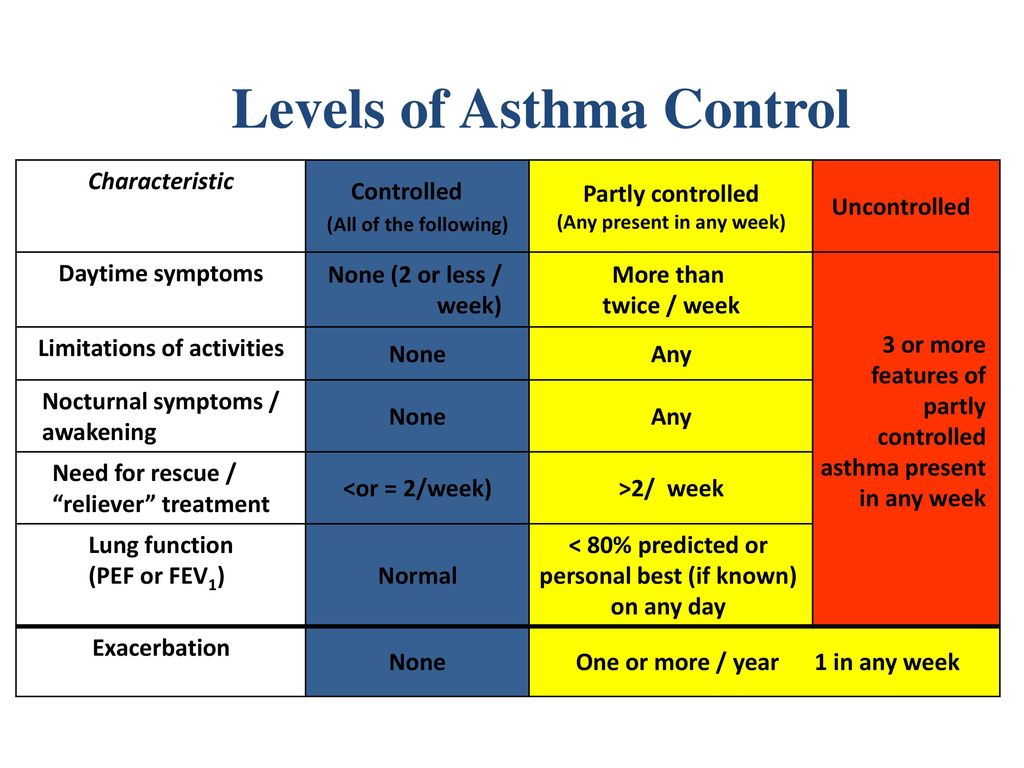 The most common option is prejudices - false views that have become habitual and therefore are not subjected to objective analysis and are perceived from childhood as axioms.
The most common option is prejudices - false views that have become habitual and therefore are not subjected to objective analysis and are perceived from childhood as axioms.
Contamination of the Adult ego-state by the Child one is the acceptance of children's illusions, delusions, ideas and fears. For example, “I am worse than others”, “I am not like everyone else”, “People do not like me”. If contamination is associated with early childhood trauma, then the illusions may be such as: “Mom will love me if I die. I’ll see how they all will cry and regret that they offended me. The most common delusions are the illusion of one's own greatness or worthlessness; feelings of persecution, fears of death. There are fantastic projects about what will happen after ... Such a person believes that everything will happen by itself, at the behest of a pike.
Based on materials from open sources
We also recommend reading this topic: place in the system of civil law, is characterized by less and less stability as the need to improve the devices of action for those who want to derive the highest benefit from the bankruptcy of the organization, as well as methods for improving the formation of the bankruptcy estate [1, p.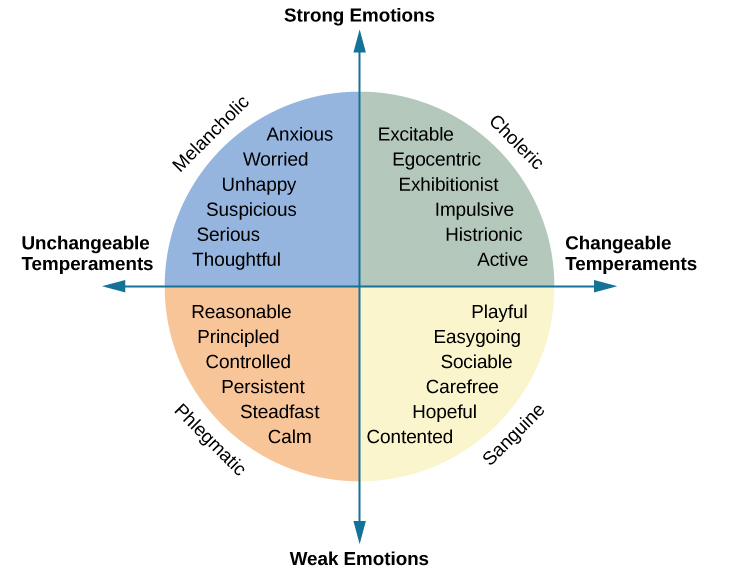 471]. Over the past 7 years, the rules that govern the grounds and procedure for imposing liability for the obligations of a bankrupt debtor have been subjected to such large-scale and sometimes ambiguous changes more than once that scientific interest in the content of the offense underlying subsidiary liability intensifies as new questions are raised, which are generated by insufficient certainty and consistency of working legislative normative prescriptions.
471]. Over the past 7 years, the rules that govern the grounds and procedure for imposing liability for the obligations of a bankrupt debtor have been subjected to such large-scale and sometimes ambiguous changes more than once that scientific interest in the content of the offense underlying subsidiary liability intensifies as new questions are raised, which are generated by insufficient certainty and consistency of working legislative normative prescriptions.
It should be noted that the infliction of damage is subject to preliminary proof of the existence of a causal relationship between the conclusion (approval) of the transaction and the infliction of damage to the rights of creditors. At the same time, the circle of persons responsible for the designated reason is as follows: 1) the controlling person who made the transaction on behalf of the debtor (this may be the head of the debtor or a person who, by virtue of authority, by proxy, regulatory legal act, special authority, could make transactions on behalf of the debtor; 2) the person in whose favor the transaction was carried out by the debtor, while still holding the status of the controlling person; 3) a controlling person or persons who approved the transaction (with a literal interpretation - officially approved by virtue of having the authority) [2, p. 154-155].
154-155].
At the same time, the very legal structure of the controlling person covers persons who, by virtue of being in a relationship with the debtor or characteristics, official position or otherwise determine the actions of the debtor, also by coercion of the head or members of the debtor's management bodies or exerting a determining influence on the head or members of the debtor's management bodies in another way. It is worth noting that the collective concept of "controlling person" was originally created for the purpose of ensuring the ability to hold specifically these persons accountable. But we have the opportunity to make sure that from the above list of liability in the case of using actual opportunities to influence transactions and other decisions made by the debtor, it is permissible to be guided by the presumption of a causal relationship only if the controlling person was the actual beneficiary of the transaction.
When studying judicial practice, it practically does not reveal the use of such a tool as bringing to subsidiary liability in relation to the "actually" controlling person. Approximately 90% of the claims are filed against the debtor's former managers, occasionally against the founders (as a rule, this is the only founder [3] who either approved the transaction or accepted the documentation from the resigned head) [4]. Thus, at the moment, we can generally follow the weak development of the application of the rules on subsidiary liability to the category of controlling persons for the purpose of identifying which this concept was created (for example, a shareholder can actually “endorse” the actions of the director nominated by him, but officially, in the sense of the law, he is not authorized to approve the transaction being made outside the general meeting).
Approximately 90% of the claims are filed against the debtor's former managers, occasionally against the founders (as a rule, this is the only founder [3] who either approved the transaction or accepted the documentation from the resigned head) [4]. Thus, at the moment, we can generally follow the weak development of the application of the rules on subsidiary liability to the category of controlling persons for the purpose of identifying which this concept was created (for example, a shareholder can actually “endorse” the actions of the director nominated by him, but officially, in the sense of the law, he is not authorized to approve the transaction being made outside the general meeting).
In the Decree dated 12.12.2013 in case N A56-45296 / 2010, the court of cassation noted that at the time of the introduction of the supervision procedure in relation to the limited liability company, as well as at the time of declaring it bankrupt, citizen K. was not the head of the debtor, in Therefore, there are no grounds for bringing him to subsidiary liability. The arguments of the cassation appeal that after the appointment of citizen I. to the position of general director, K. actually exercised his powers, was rejected by the court of cassation as based on conjectures.
The arguments of the cassation appeal that after the appointment of citizen I. to the position of general director, K. actually exercised his powers, was rejected by the court of cassation as based on conjectures.
A very relevant problem in judicial practice, for example, is the so-called nominee directors, who, when presented with an application for bringing them to subsidiary liability, refer to the fact that the powers of the head are actually performed by another person.
With respect to nominee managers, that is, those who did not actually manage the debtor (for example, completely transferring management to another person on the basis of a power of attorney or making key decisions at the direction or with the consent of a third person who does not have formal authority to do so), the Supreme The Court of the Russian Federation indicates that they do not lose the status of controlling persons and will bear subsidiary liability jointly with the actual leaders (paragraphs 1 and 2, clause 6 of Resolution No.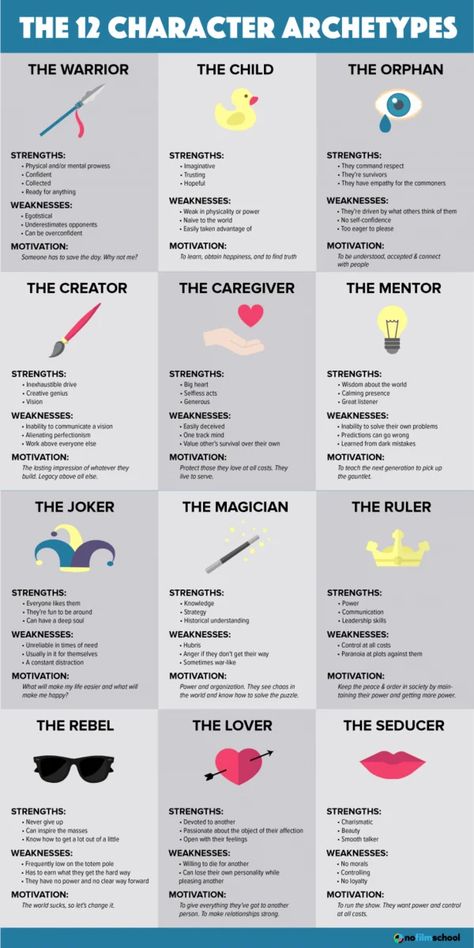 53). At the same time, the amount of liability of a nominee director can be reduced if he discloses information about the actual director and the hidden property of the debtor or the actual director that is not available to third parties (paragraph 3, clause 6 of Resolution No. 53). In one of the considered cases, the FAS SZO rejected a similar argument of the complaint, indicating, in fact, that the legislation of the Russian Federation does not provide for nominal management of a legal entity and exemption from liability under such management. A person bears direct duties of the sole executive body of a legal entity from such a stage as appointment to a position.
53). At the same time, the amount of liability of a nominee director can be reduced if he discloses information about the actual director and the hidden property of the debtor or the actual director that is not available to third parties (paragraph 3, clause 6 of Resolution No. 53). In one of the considered cases, the FAS SZO rejected a similar argument of the complaint, indicating, in fact, that the legislation of the Russian Federation does not provide for nominal management of a legal entity and exemption from liability under such management. A person bears direct duties of the sole executive body of a legal entity from such a stage as appointment to a position.
The bankruptcy trustee attached to the case file an extract from the Unified State Register of Legal Entities (hereinafter referred to as the Unified State Register of Legal Entities), which confirms the appointment of citizen G. to the position of general director of a limited liability company.
This entry in the Unified State Register of Legal Entities was not invalidated, and was not challenged by citizen G. . The mere fact of the absence in his work book of an entry appointed to the position of the head of the company does not entail the invalidity of the entry in the Unified State Register of Legal Entities. Under such circumstances, the specific person held liable had to provide evidence proving the invalidity of the entry in the Unified State Register of Legal Entities (Resolution of the FAS SZO dated April 15, 2013 in case N A56-14611 / 2011).
. The mere fact of the absence in his work book of an entry appointed to the position of the head of the company does not entail the invalidity of the entry in the Unified State Register of Legal Entities. Under such circumstances, the specific person held liable had to provide evidence proving the invalidity of the entry in the Unified State Register of Legal Entities (Resolution of the FAS SZO dated April 15, 2013 in case N A56-14611 / 2011).
The problem of holding the nominee director liable in the following case is monitored: the bankruptcy trustee applied to the arbitration court with an application to bring citizen P. to subsidiary liability for the debtor's obligations. The court of first instance refused to satisfy the application, but the court of appeal overturned this ruling and subsequently satisfied the application of the bankruptcy trustee. The court of cassation annulled both the ruling of the court of first instance and the decision of the court of appeal, pointing out that the reason for refusing to satisfy the requirements on the application of the bankruptcy trustee to bring P. to subsidiary liability was the argument of the court of first instance that P. 05.04 .2012 was dismissed from the post of the general director of the debtor company and, according to the act dated 04/06/2012, transferred all the documentation to citizen Sh. the debtor, but actually did not manage the debtor's activities, did not accept the debtor's documents from previous managers, did not receive wages, practically no activity was carried out by the debtor at that moment, no accounts payable or receivable were formed. The Court of Appeal found it proved that the appointment of Sh. to the position of General Director and granting him the rights of the sole participant of the debtor were made by P. only for the sake of appearance, without the intention to create appropriate legal consequences. Thus, the courts decided on the rights of Sh., however, the bankruptcy trustee did not file a claim for bringing him to subsidiary liability, in connection with which Sh. did not take part in the consideration of a separate dispute.
to subsidiary liability was the argument of the court of first instance that P. 05.04 .2012 was dismissed from the post of the general director of the debtor company and, according to the act dated 04/06/2012, transferred all the documentation to citizen Sh. the debtor, but actually did not manage the debtor's activities, did not accept the debtor's documents from previous managers, did not receive wages, practically no activity was carried out by the debtor at that moment, no accounts payable or receivable were formed. The Court of Appeal found it proved that the appointment of Sh. to the position of General Director and granting him the rights of the sole participant of the debtor were made by P. only for the sake of appearance, without the intention to create appropriate legal consequences. Thus, the courts decided on the rights of Sh., however, the bankruptcy trustee did not file a claim for bringing him to subsidiary liability, in connection with which Sh. did not take part in the consideration of a separate dispute.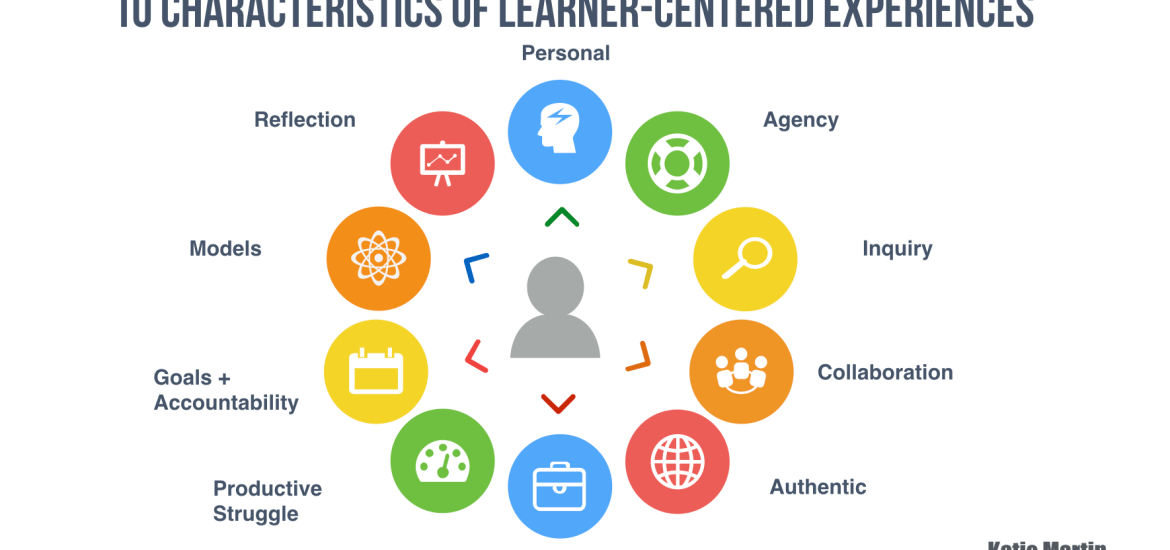
Judicial acts are canceled as adopted on the rights and obligations of a person not involved in the case (paragraph 4 of part 4 of article 288 of the Arbitration Procedure Code of the Russian Federation; hereinafter referred to as the Arbitration Procedure Code of the Russian Federation) (Resolution of the Arbitration Court of the SZO dated 05.03.2015 in case N A56- 33863/2013).
Thus, proceeding from this Decree, we can draw the following conclusion. In the event that there are grounds to believe that the person indicated as the sole executive body in the Unified State Register of Legal Entities is considered a nominee director, the court must take measures in order to find out who actually performed the direct duties of the sole executive body and acted in this capacity in relations with third parties who had or could have accounting and reporting documents. Thus, in accordance with the above court, it is necessary to determine the person responsible for the absence of accounting documents, the presence of incomplete or distorted information in them.